Weeds are plants in the wrong place. They are unwanted in human-controlled settings, such as farm fields and gardens. Interestingly, a weed in one context is not a weed in another context. Many plants that people widely regard as weeds also are intentionally grown in gardens and other cultivated settings, in which case they are sometimes called beneficial weeds.
Walking around in urban gardens and country roads, I am surprised by mainly by the beauty of many plants and flowers we call as weeds, secondly I am taken aback by the survival instinct and resilience of such plants. With nobody caring for they still grow in due session and flower and propagate. At times we find them growing even through cracks in the concrete and stones. The utilitarian humanity often do not care about plants and flowers that are not profitable.
As I walked along I photographed them. In photographs they get an identity and show forth their real beauty. Knowing a plant by its name is like knowing a person by his/her name. Next time we see them we feel related and close. And, of course, we would think twice before destroying them purposelessly.
Boerhavia Diffusa is commonly known as punarnava, red spiderling, spreading hogweed, or tarvine. It is taken in herbal medicine for pain relief and other uses. The leaves of Boerhaavia diffusa are often used as a green vegetable in many parts of India.
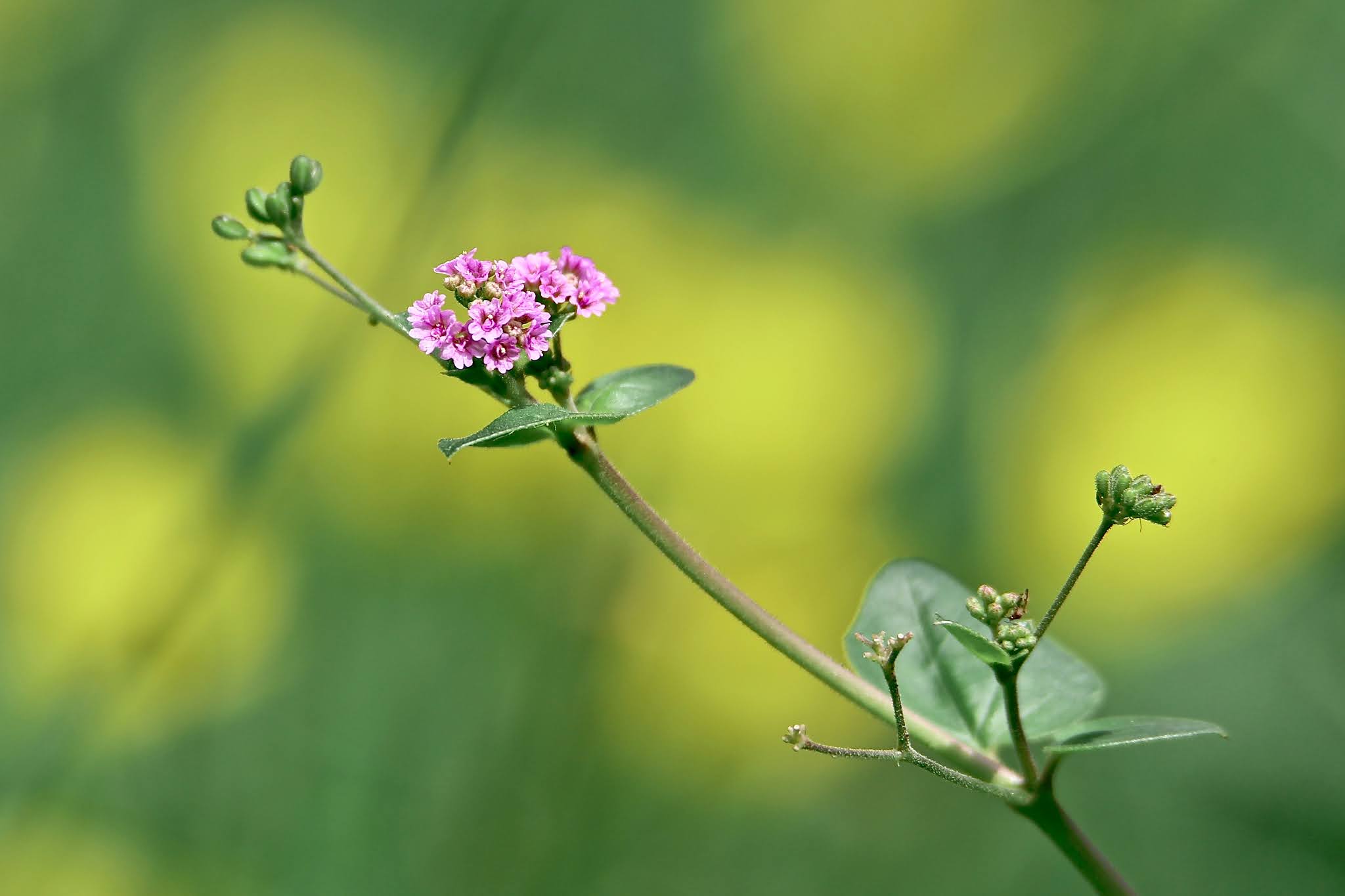 |
| Boerhavia Diffusa |
Bidens alba is most commonly known as shepherd's needles, beggarticks, Spanish needles or butterfly needles. Bidens means two- toothed, perhaps refering to the lose flower petals.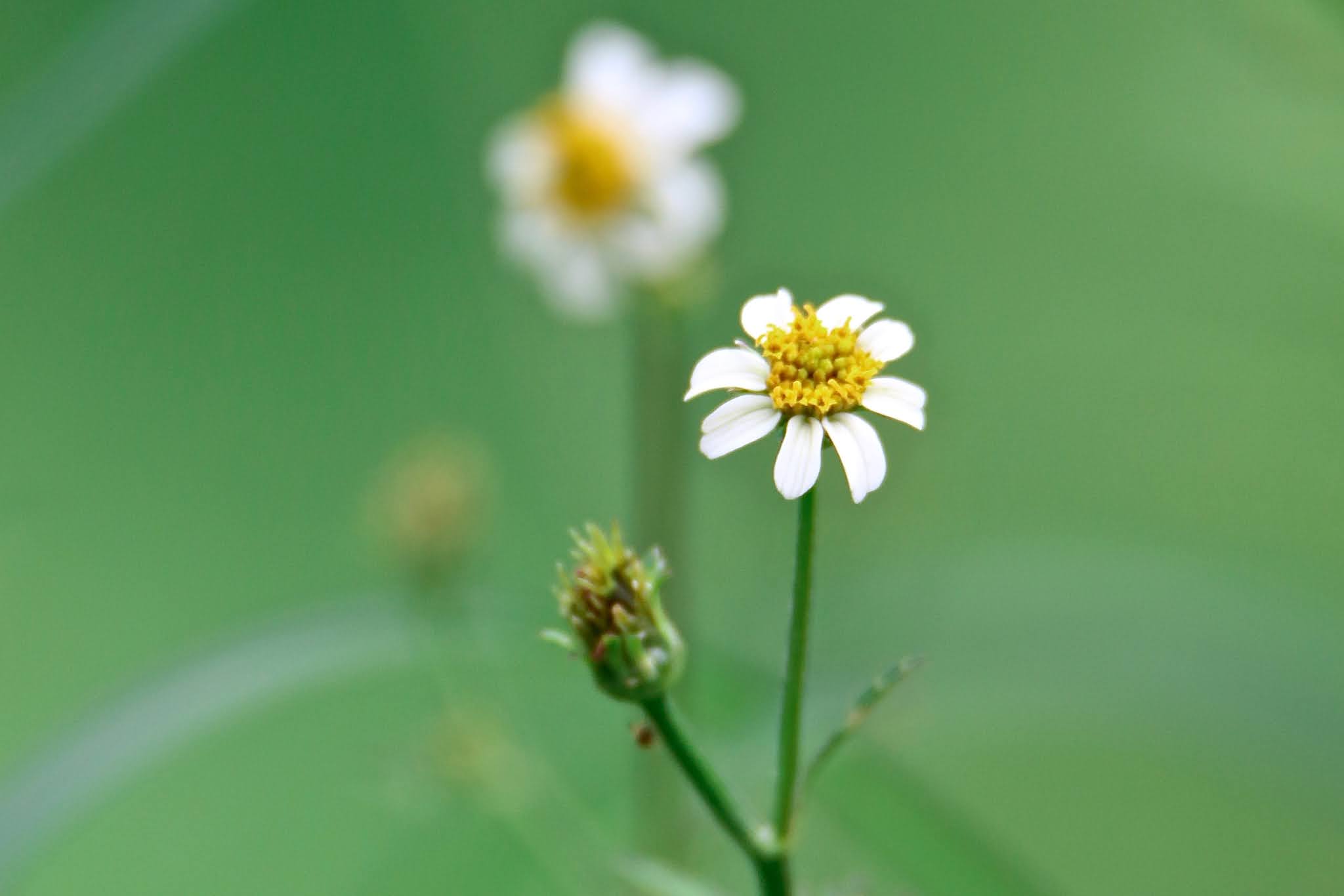 |
| Bidens Alba |
Nut grass (Cyperus rotundus) commonly known as Coco grass, java grass, red nut sedge and purple nut sedge is a perennial plant native to Africa, Southern and Central Europe, and Southern Asia. 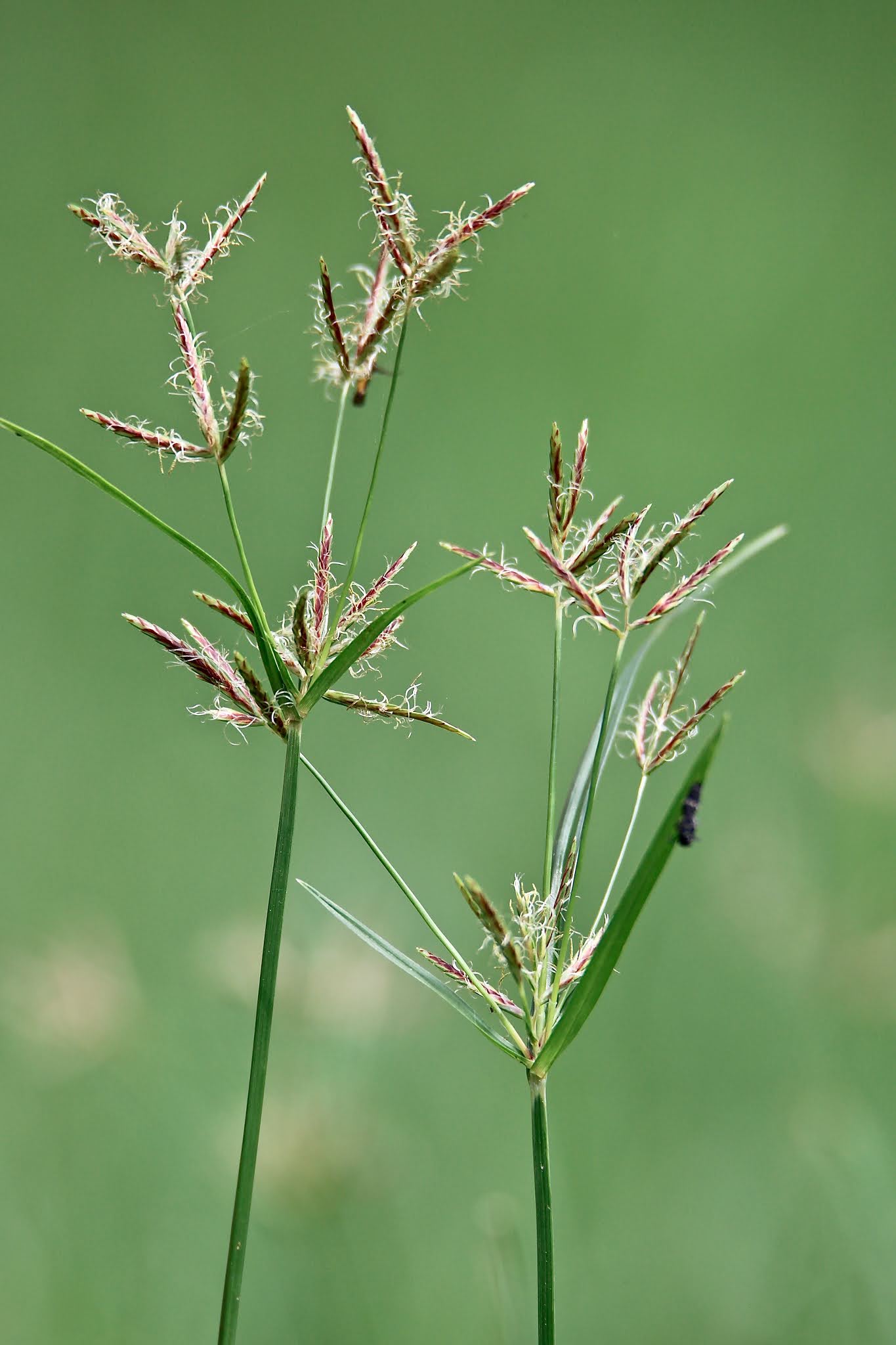 |
| Nut grass |
Solanum viarum, or tropical soda apple, is a perennial shrub with a prickly stem and prickly leaves. The fruit is golf-ball-sized with the coloration of a watermelon.  |
| Tropical Soda Apple |
Pink woodsorrel (Oxalis debilis), the large-flowered pink-sorrel, is a perennial plant seen in all continents except Antarctica.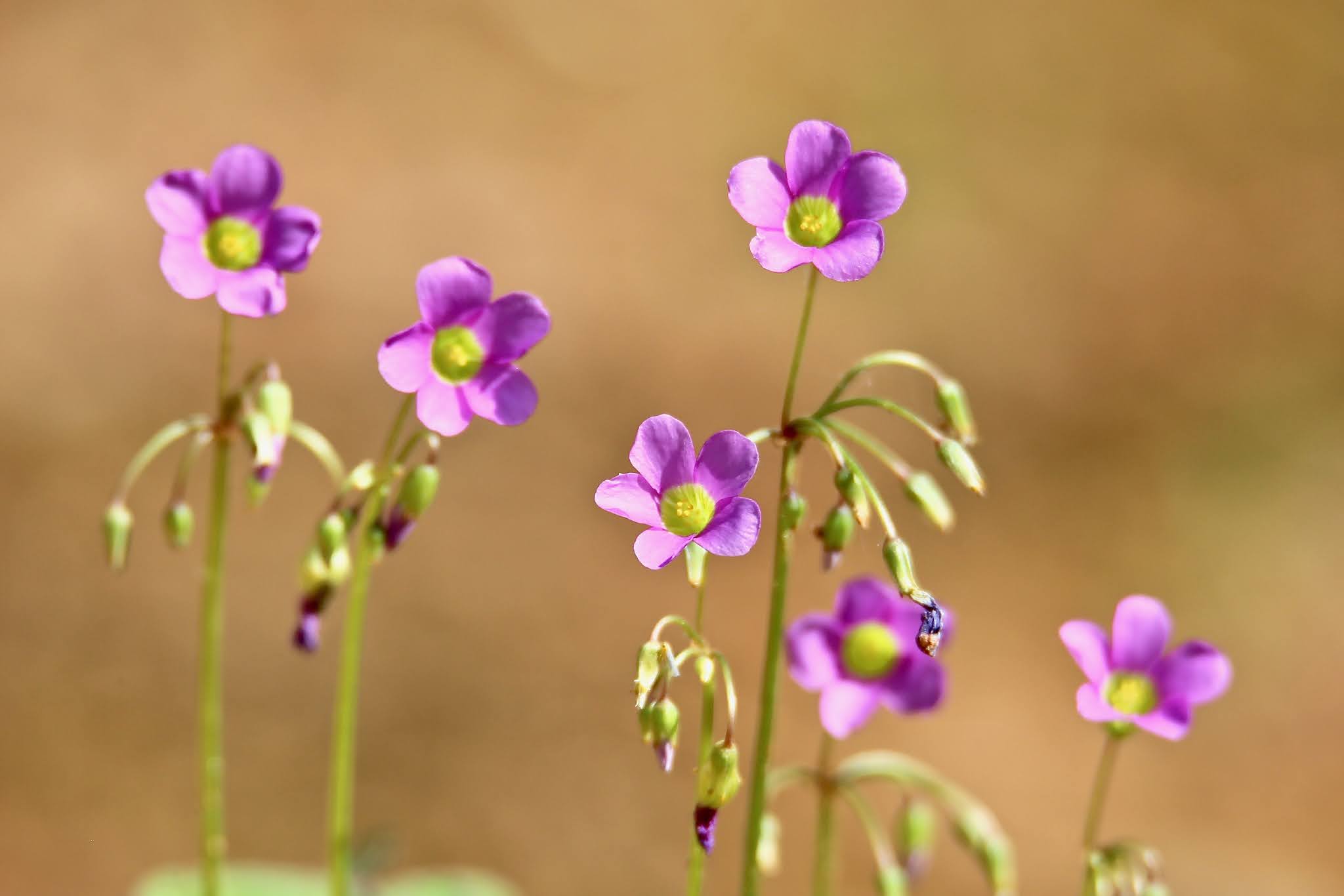 |
| Pink Woodsorrel |
Yellow woodsorrel (Oxalis stricta), common yellow
oxalis, upright
yellow-sorrel, lemon clover,
or more ambiguously and informally, sourgrass,
sheep weed, pickle plant, tends
to grow in woodlands, meadows, and in disturbed areas as both a perennial and annual.
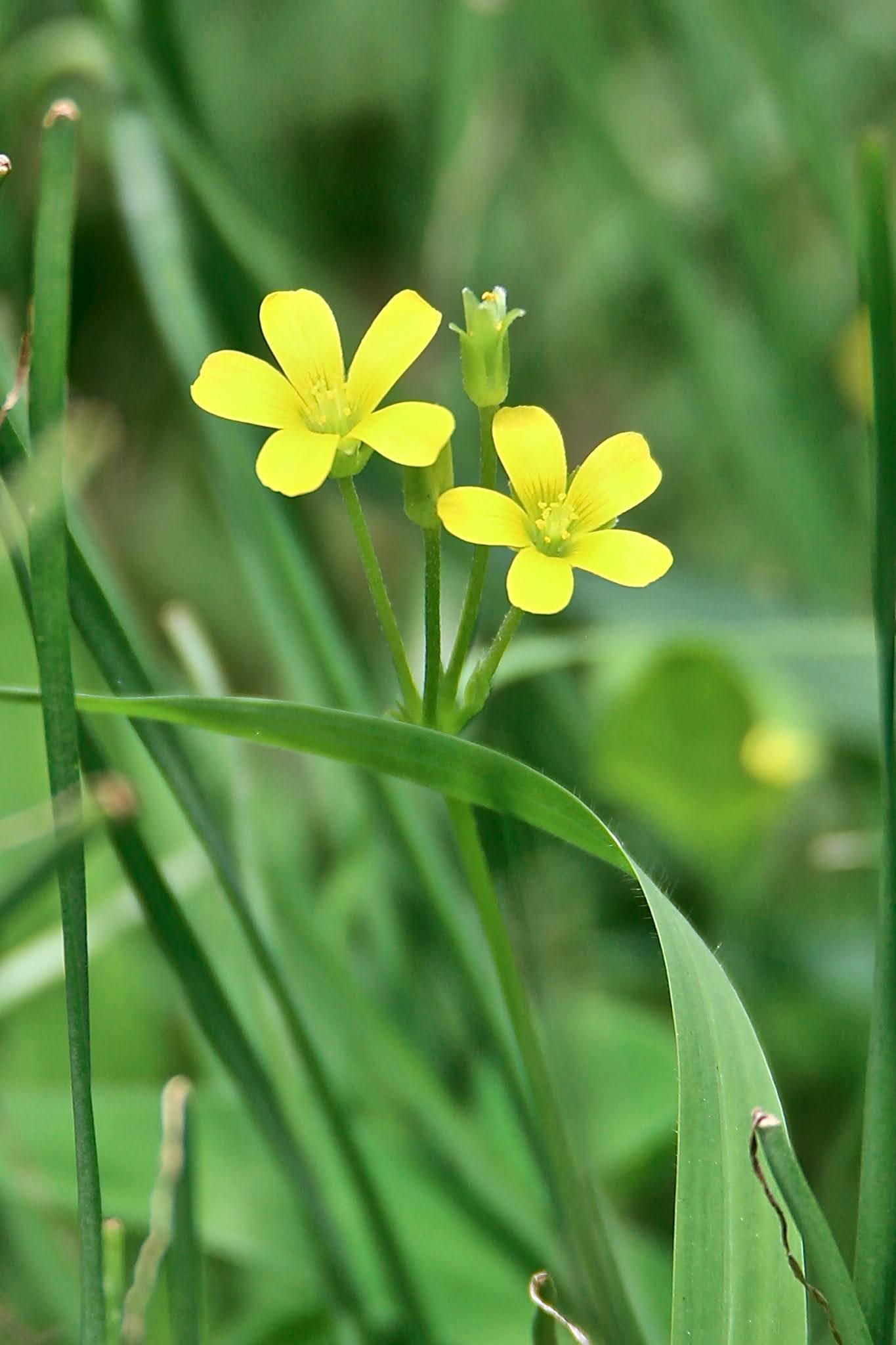 |
| Yellow Woodsorrel |
Insulin plant, Costus igneus, also known as Step ladder, Spiral flag, is found primarily in tropical climates. This
plant can be found growing densely in the gardens of Southern India, where has
received the nickname ‘Insulin Plant’. Consumption of the leaves are believed to lower blood glucose levels.
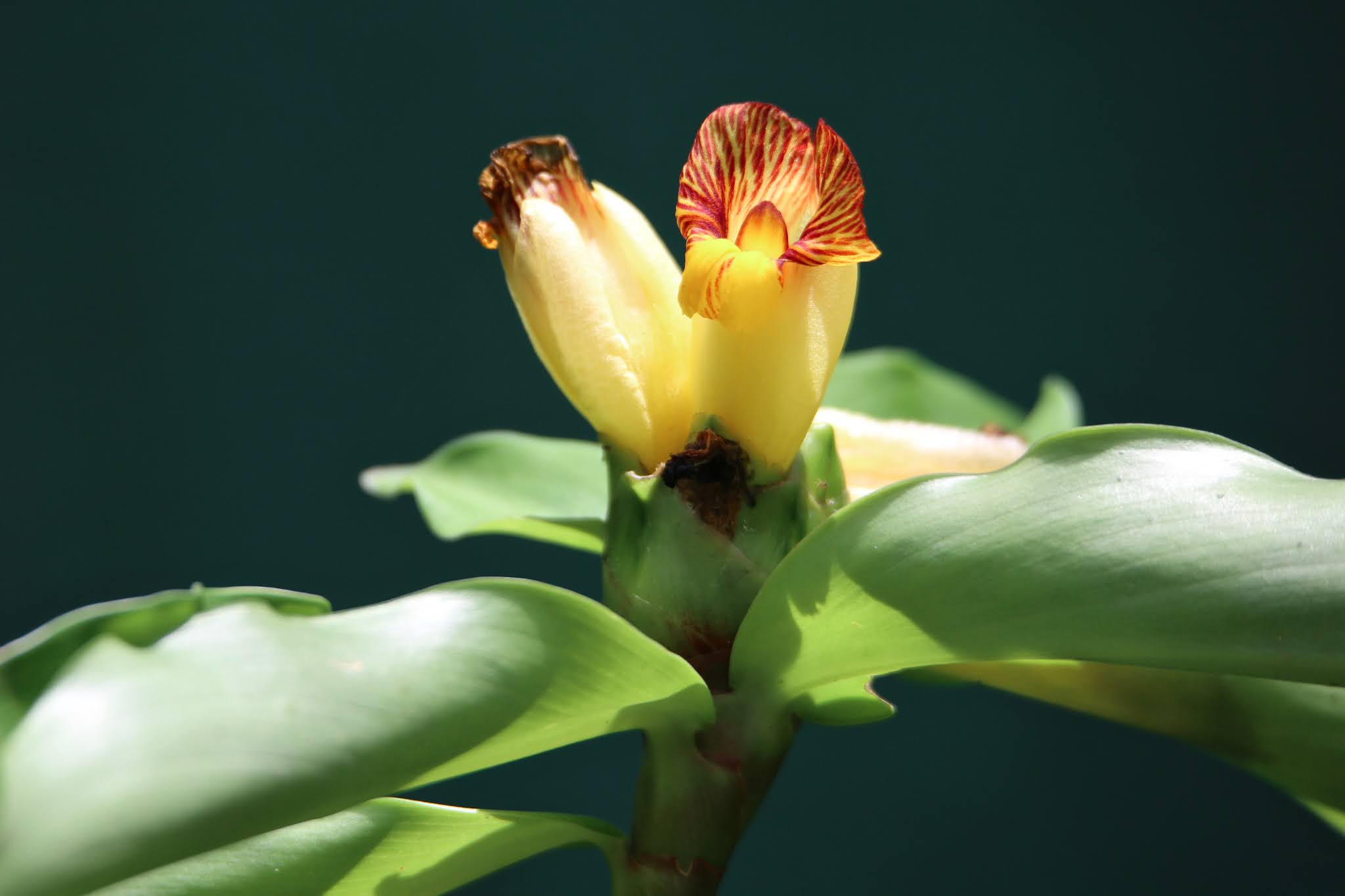 |
| Insulin plant |
Ponnanganni in Tamil, Honnagone in Kannada, Dwarf copperleaf (Alternanthera
sessilis) is a common invasive plant ion tropical areas. It is
also used as a vegetable specially in some Asian countries.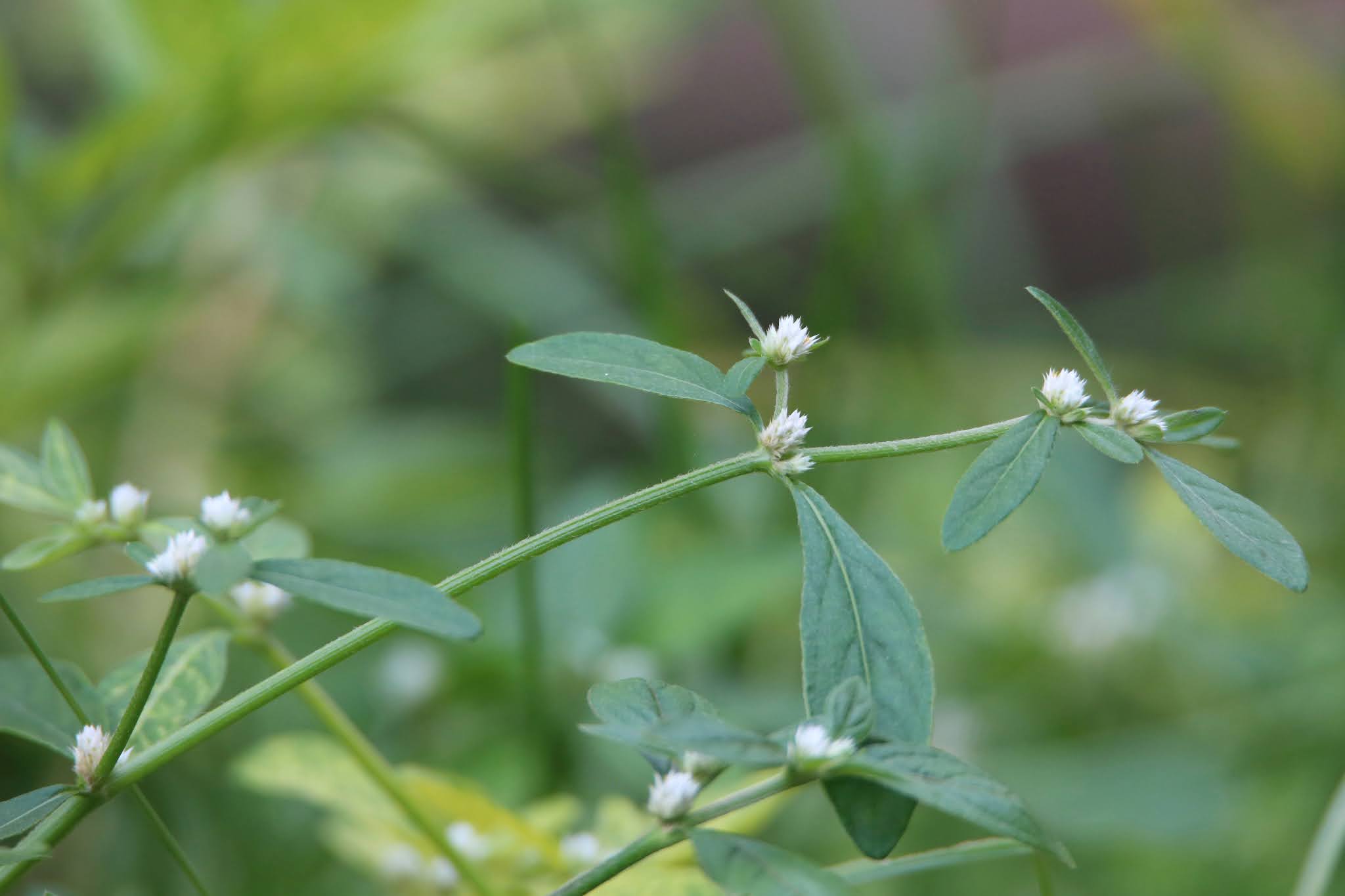 |
| Dwarf copperleaf |
Arrowleaf sida,Sida rhombifolia, also known as jelly leaf, is used in Ayurvedic
medicine, where it is known as kurumthotti.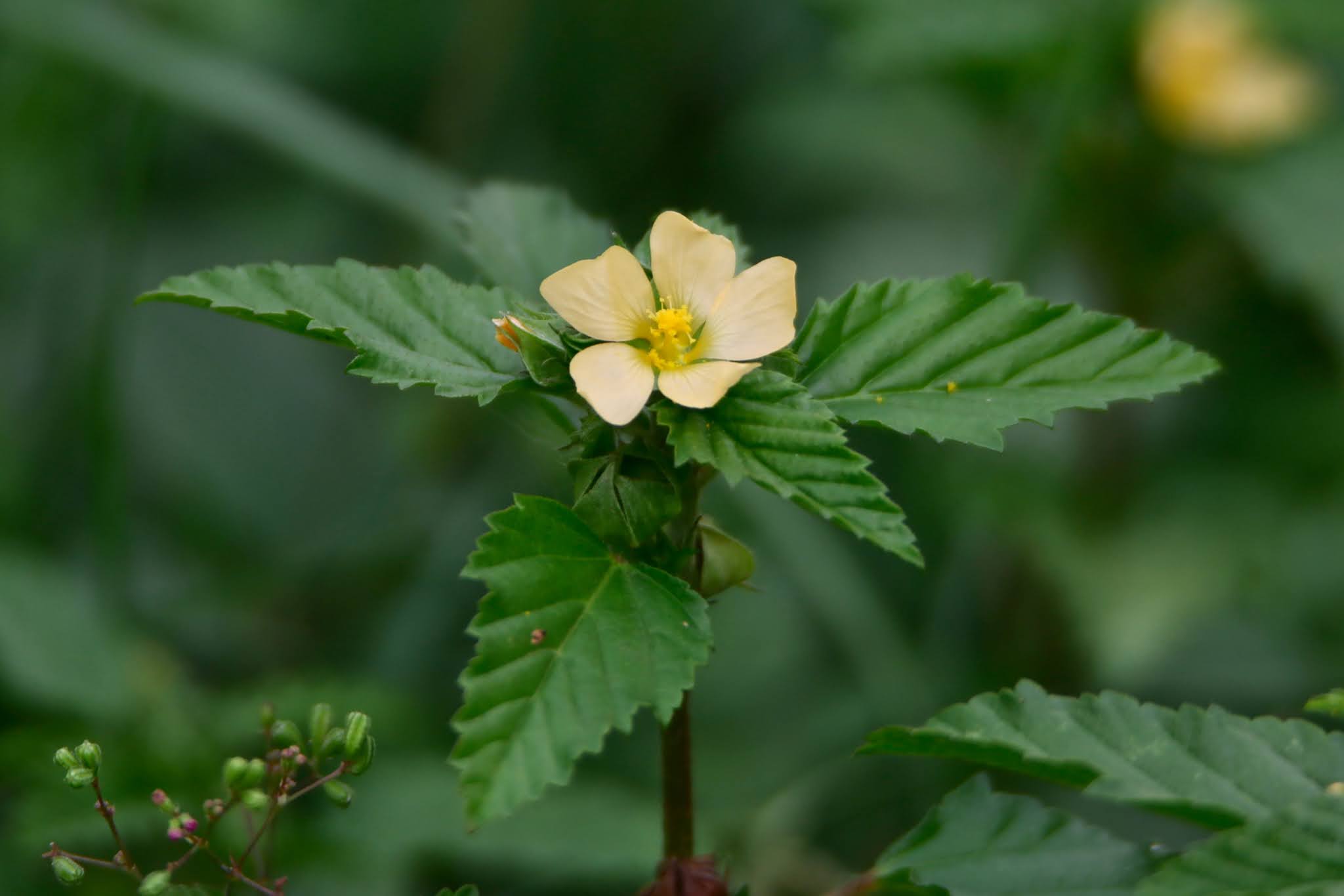 |
| Arrowleaf sida |
Bell Weed is a herb, with stems rooted at the nodes. Flowers
occur solitary in the leaf axils. Flowers are generally violet blue.
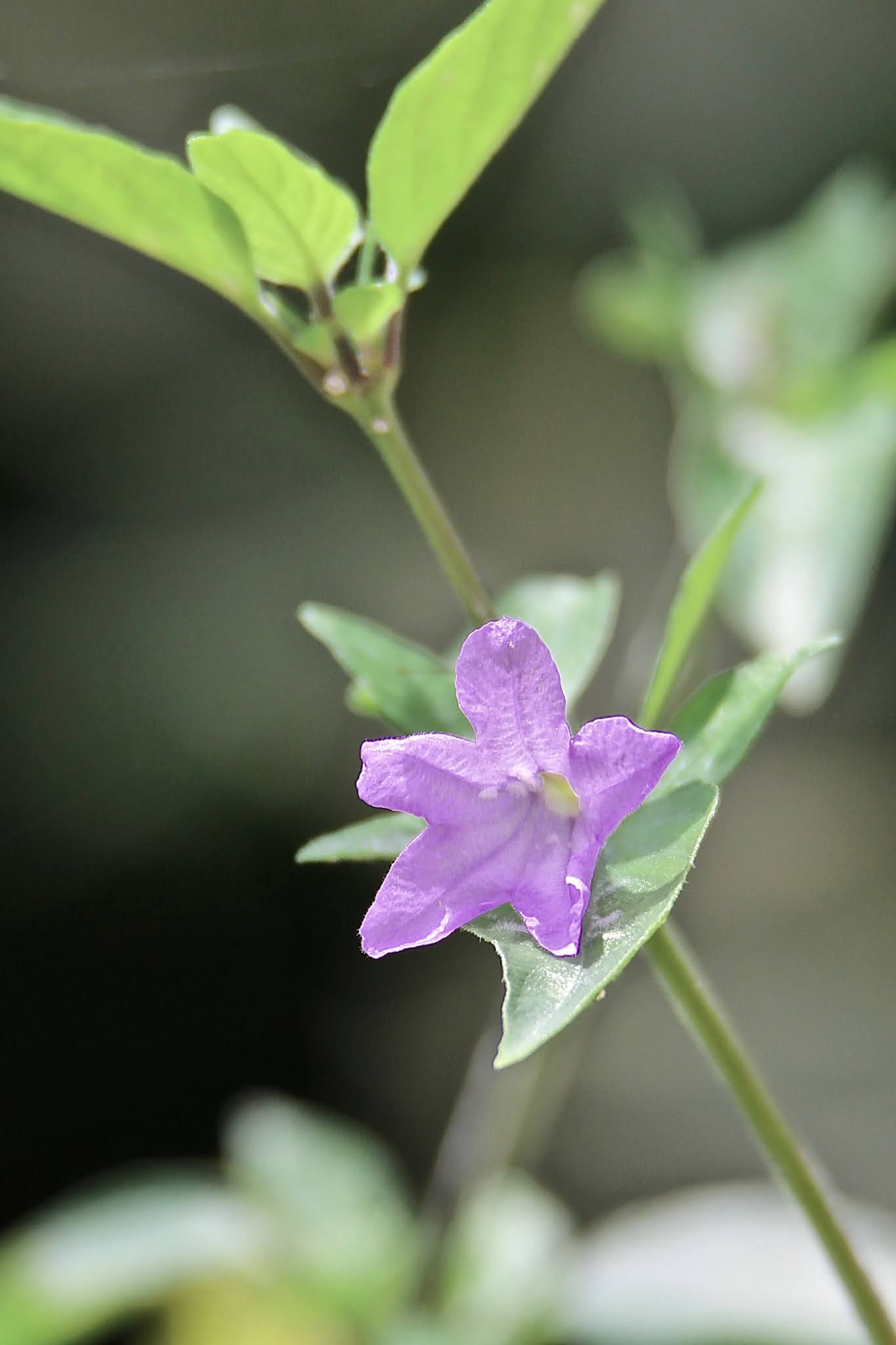 |
| Bell Weed flower |
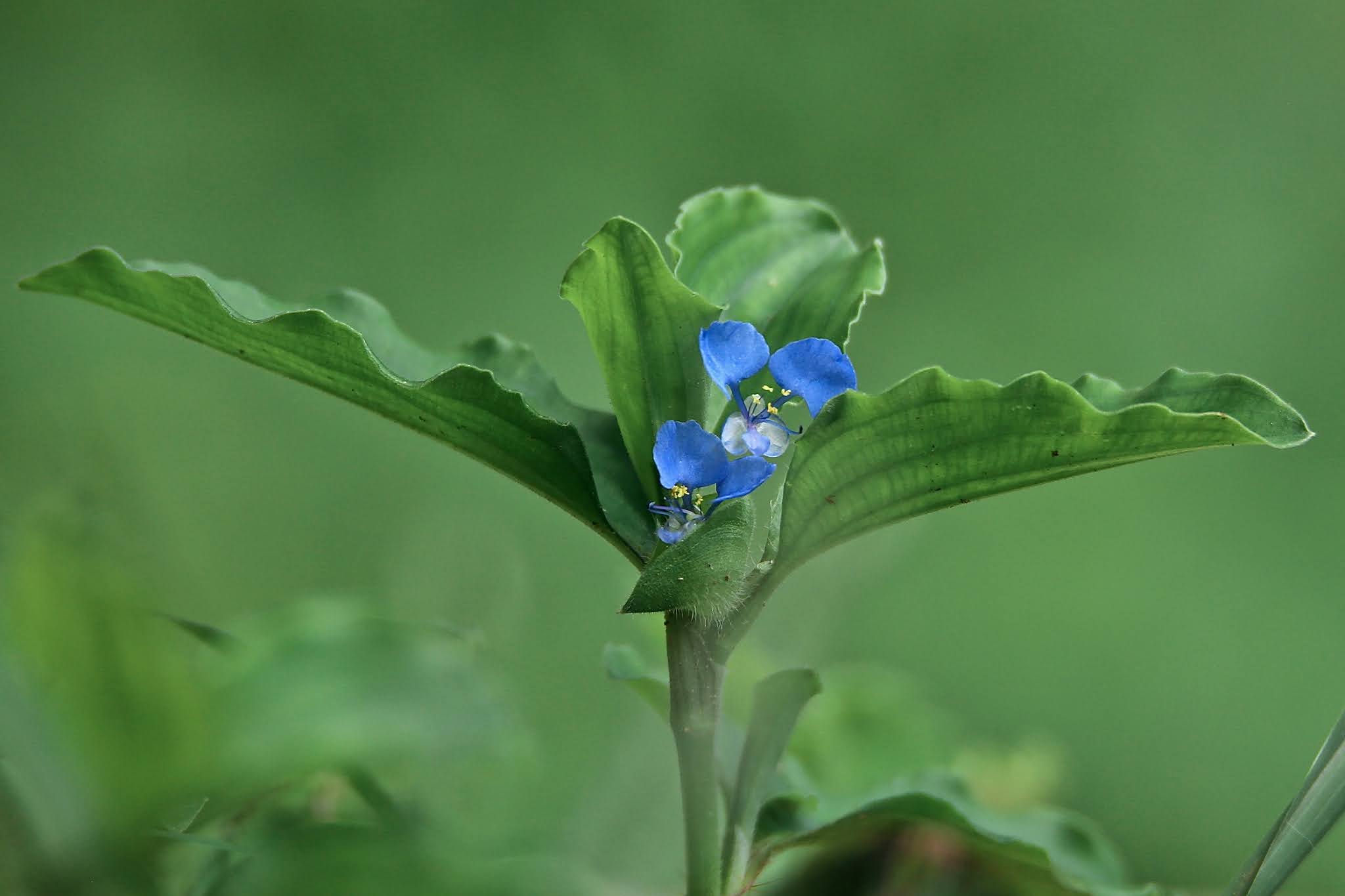 |
| Asiatic Dayflower |
 |
| Bonebract |
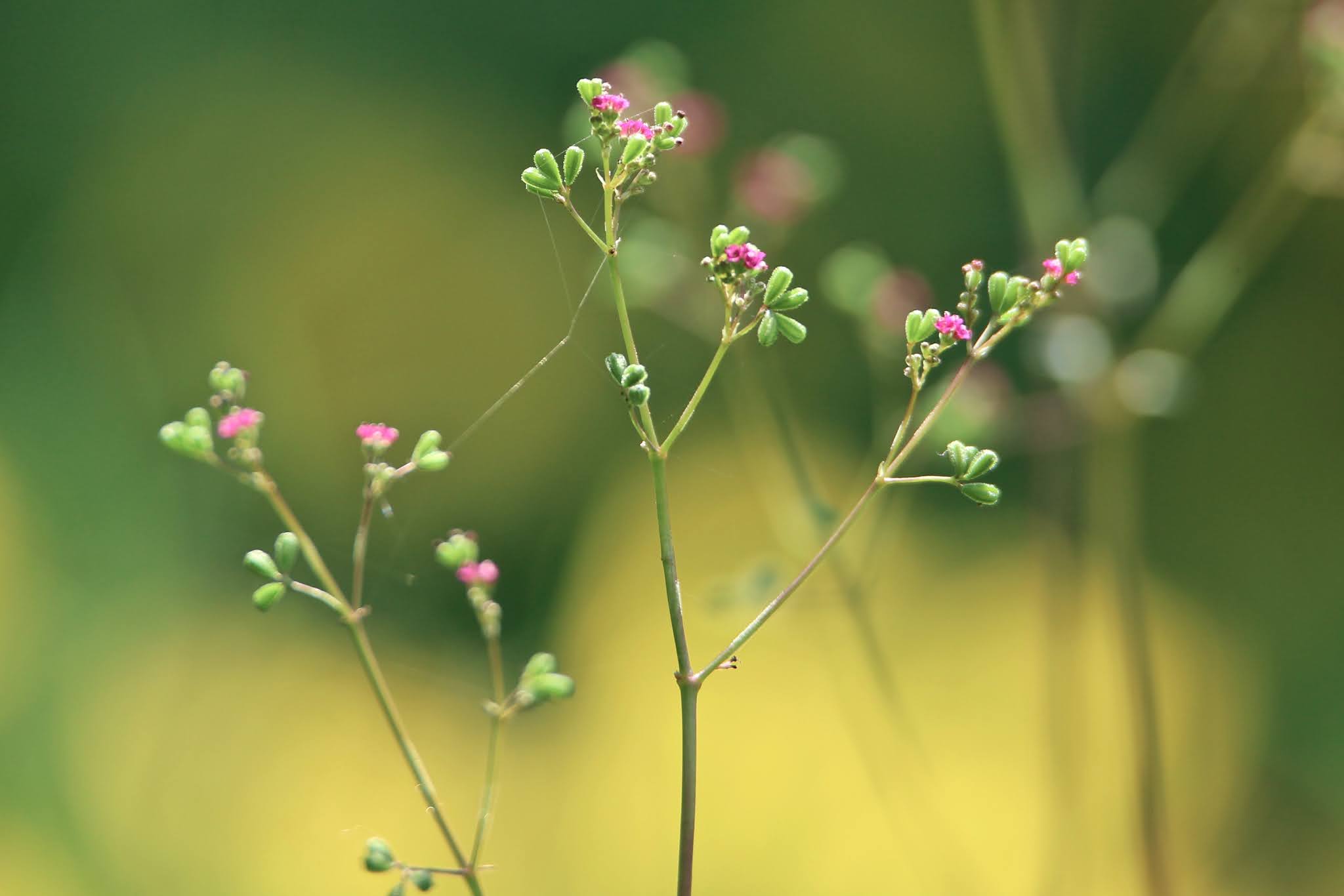 |
| Boerhavia erecta |
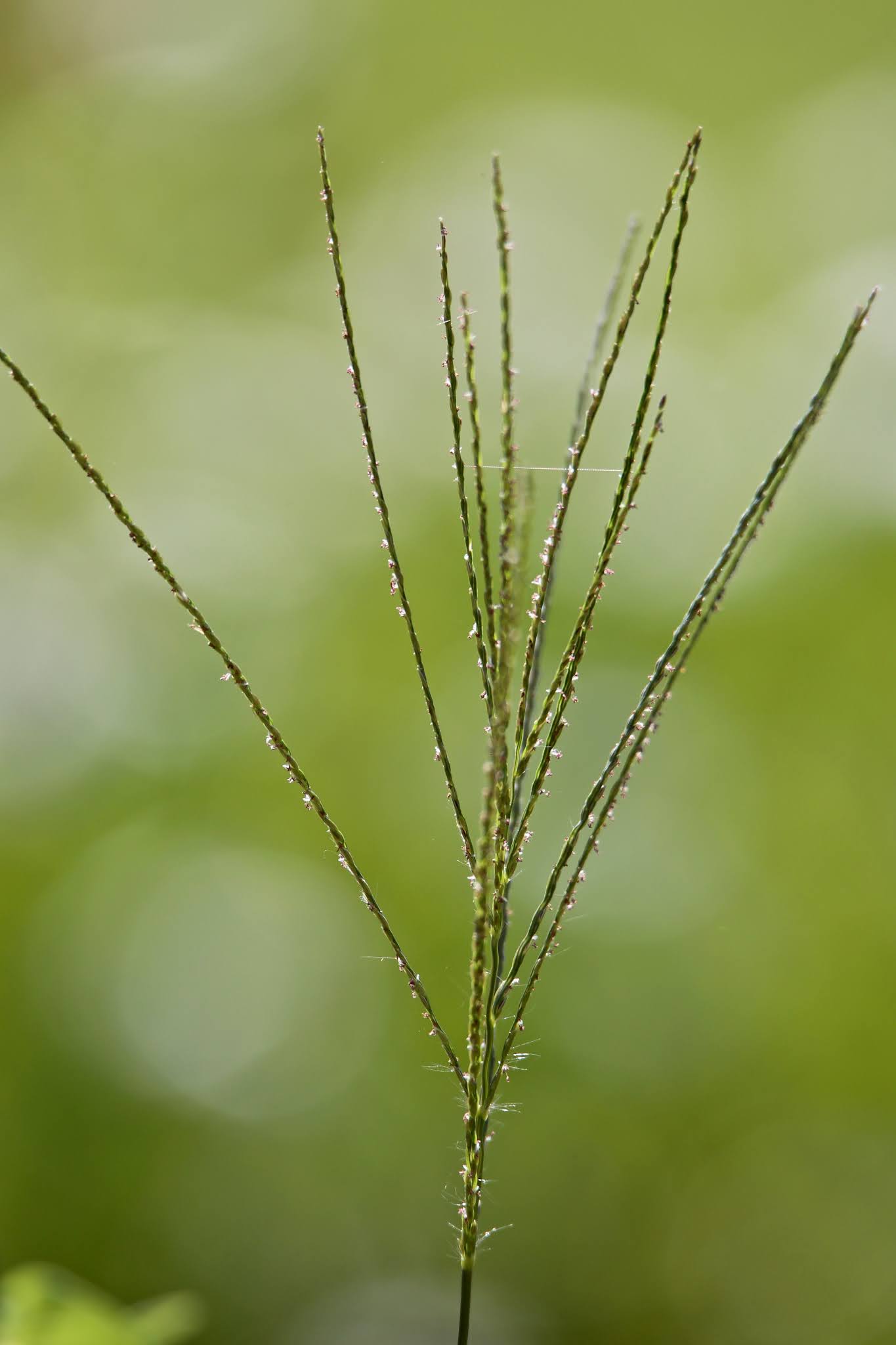 |
Bluestem grass
|
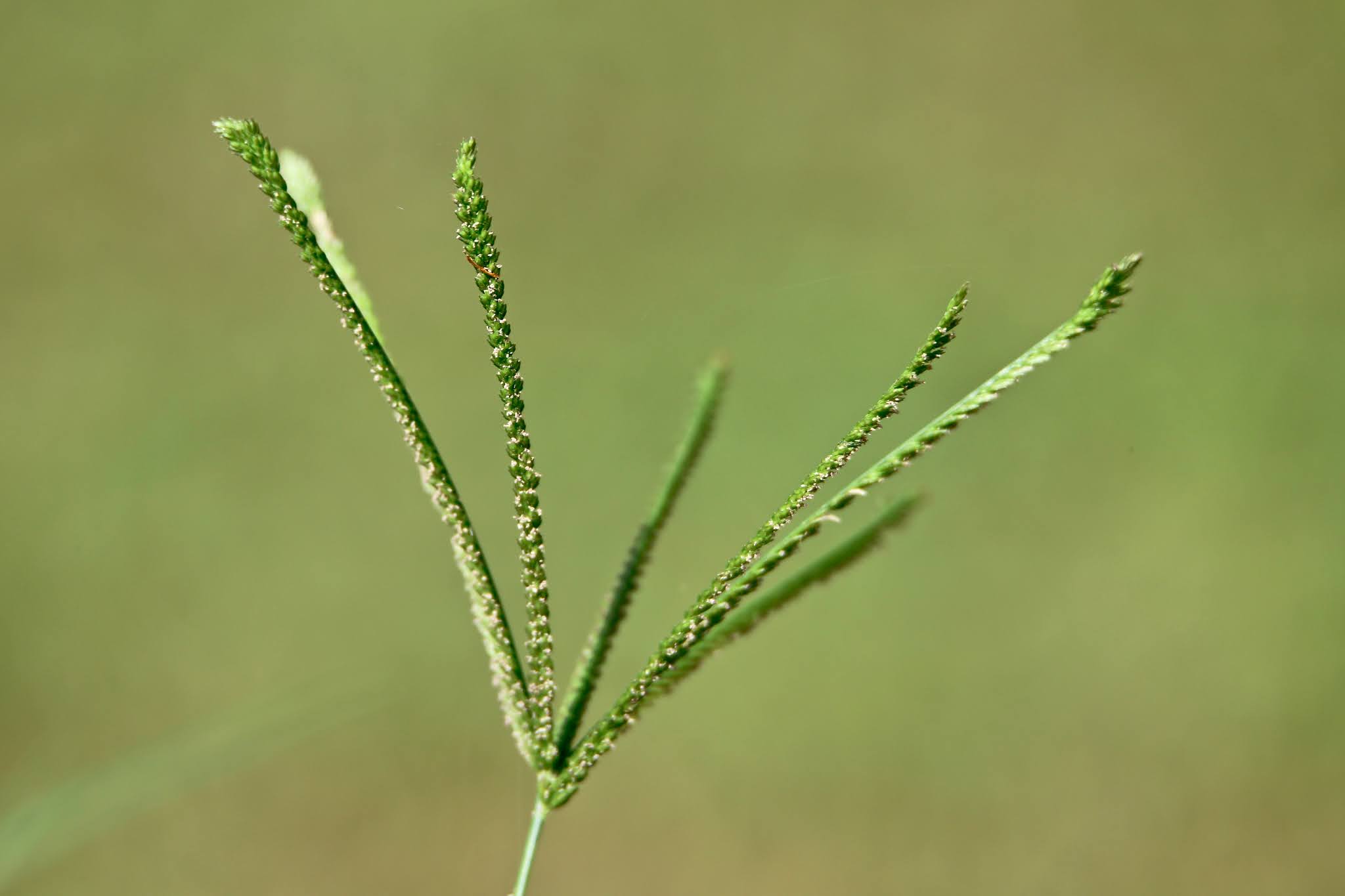 |
| Bermuda grass |
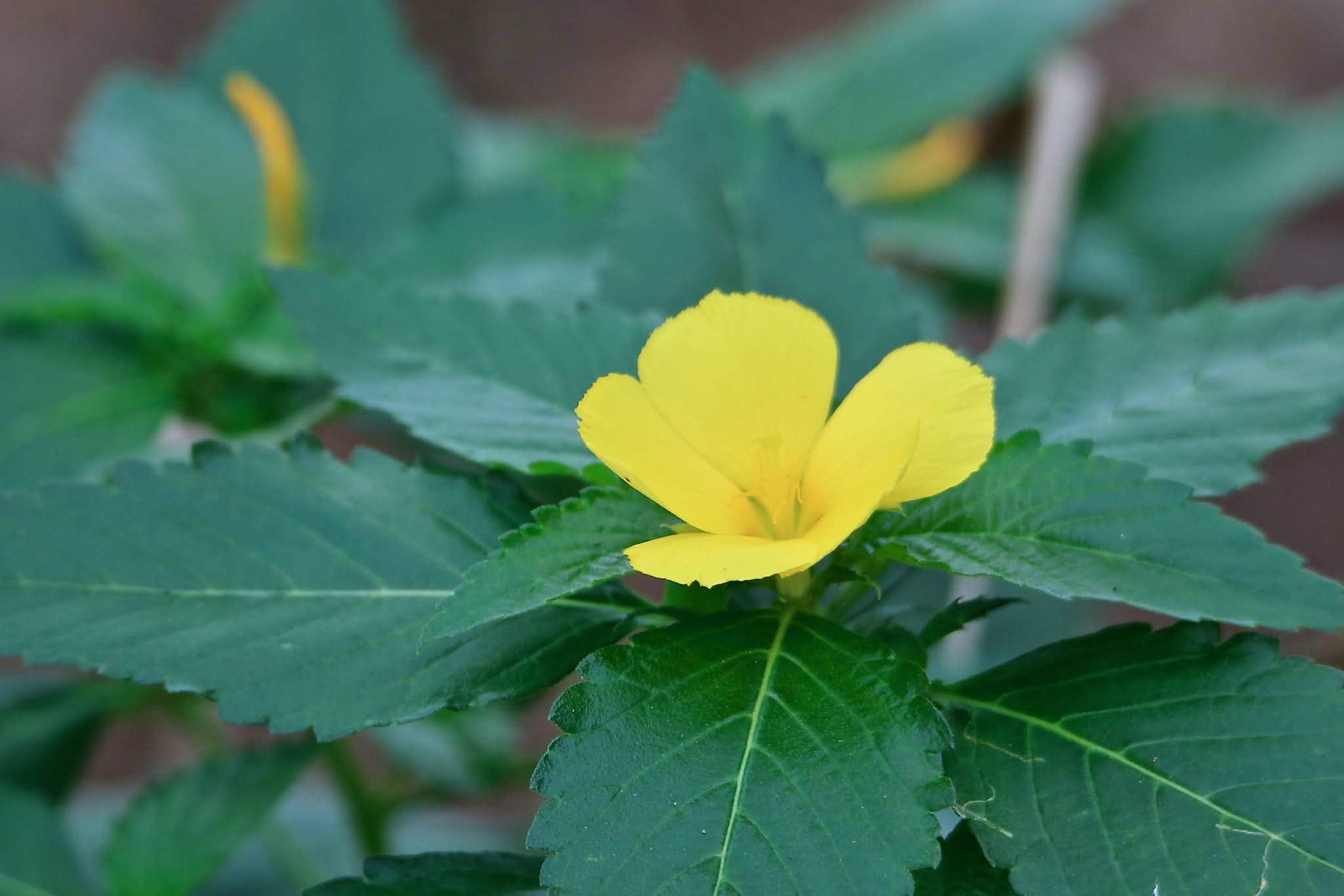 |
| Buttercup bush |
 |
| Castor oil plant |
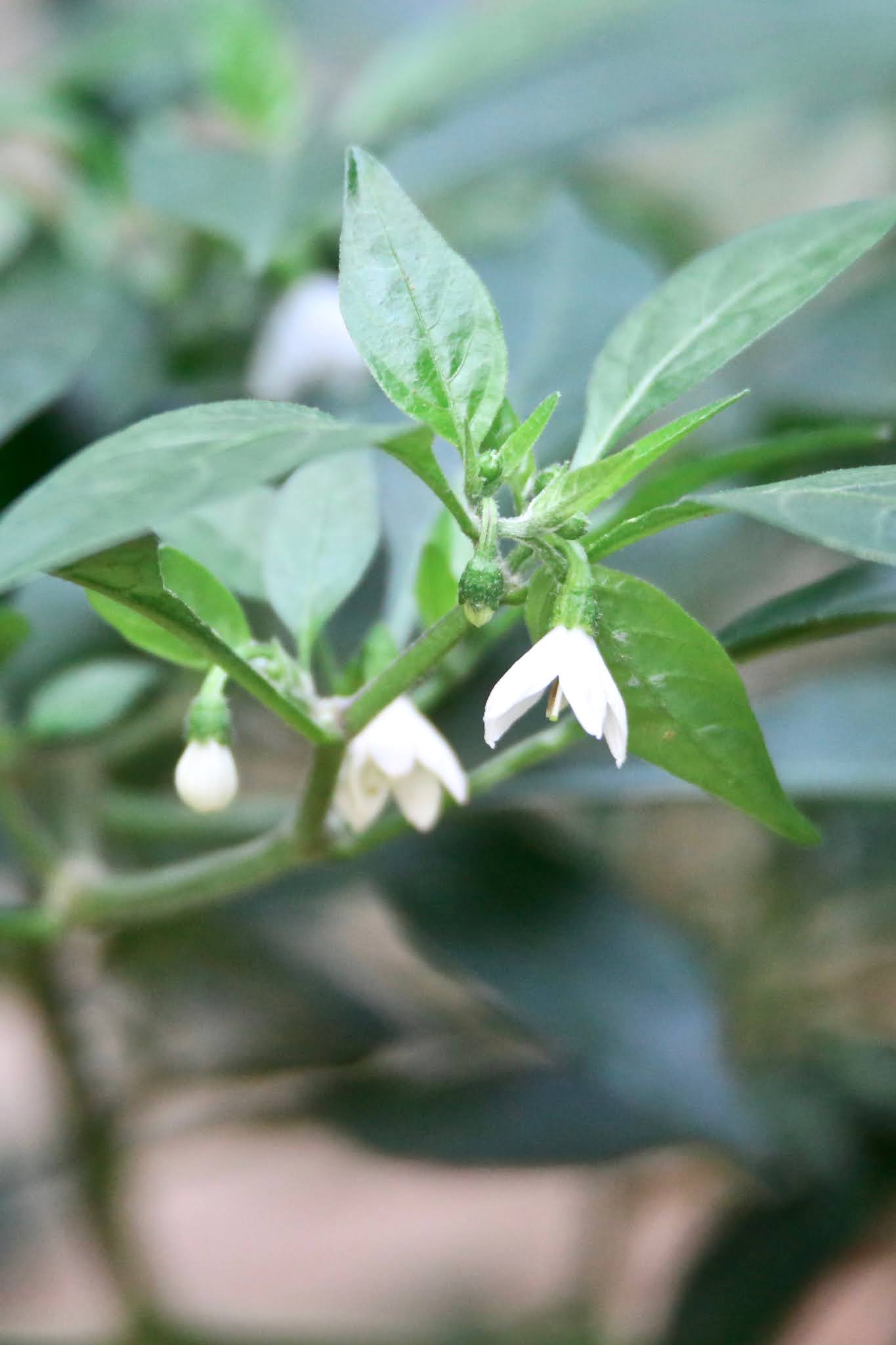 |
| Wild chilli |
 |
| Coat buttons flowers |
 |
| Coco grass |
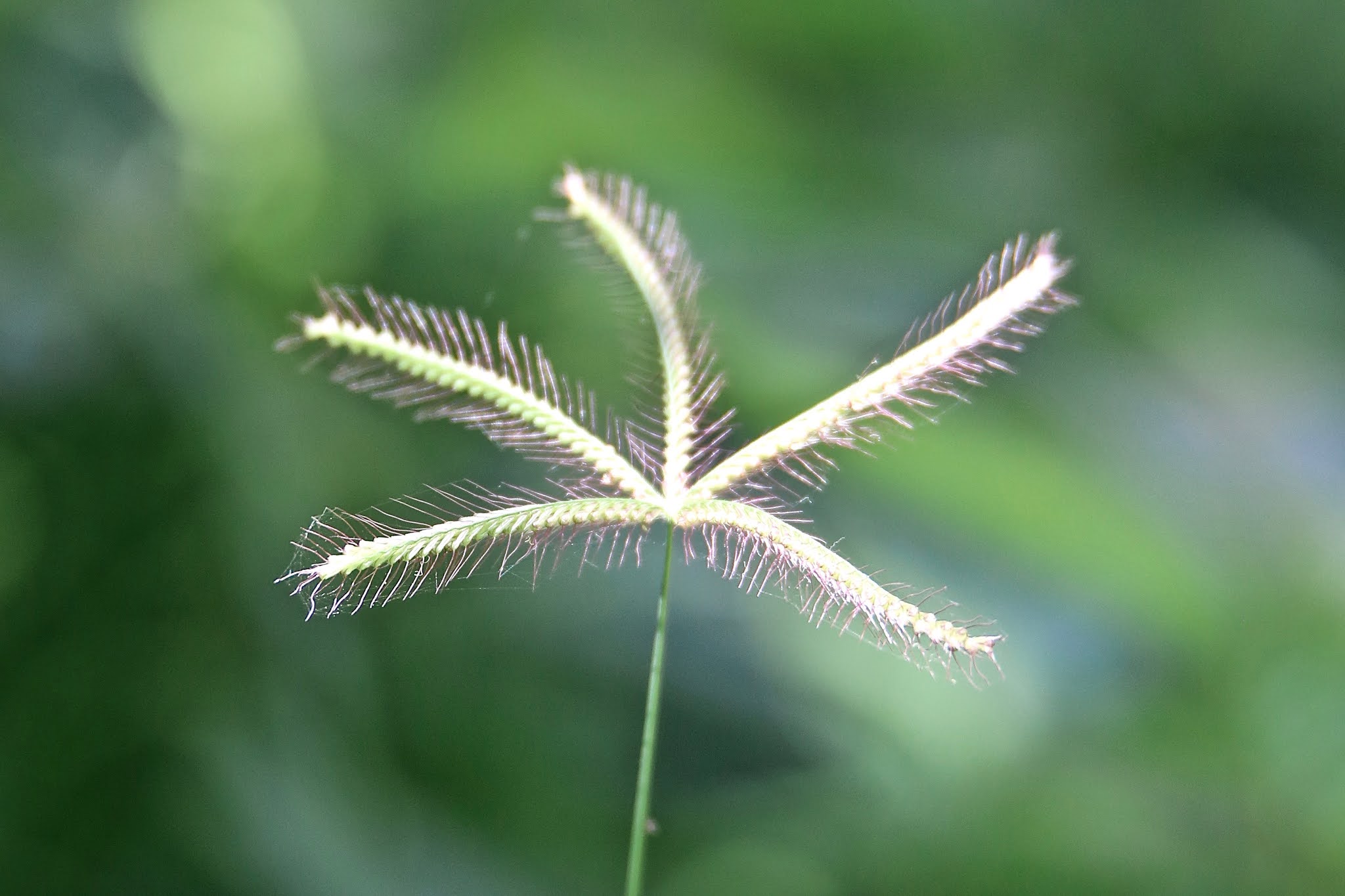 |
| Crowfoot grass |
 |
| Duranta |
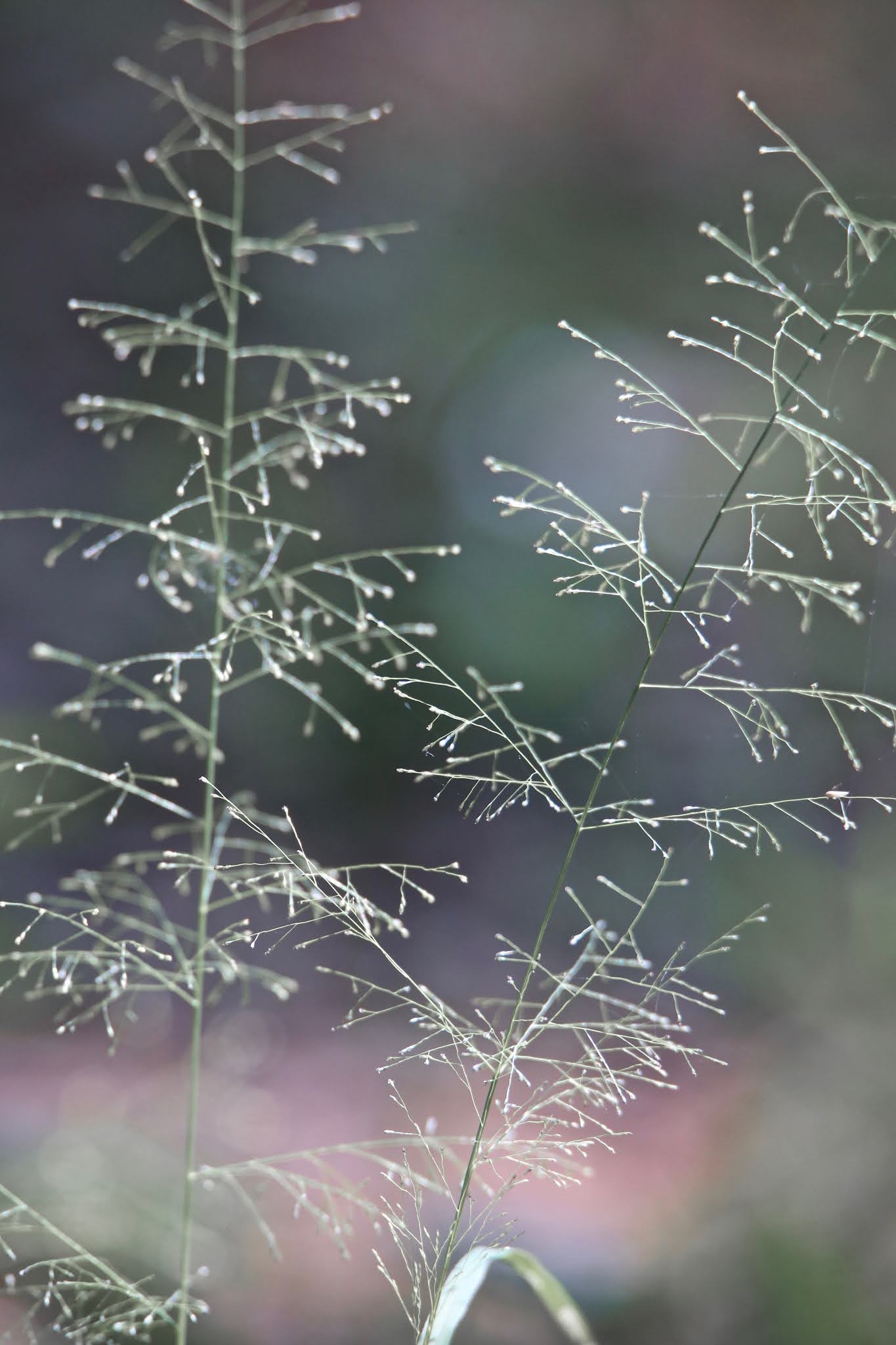 |
| Dwarf reed grass |
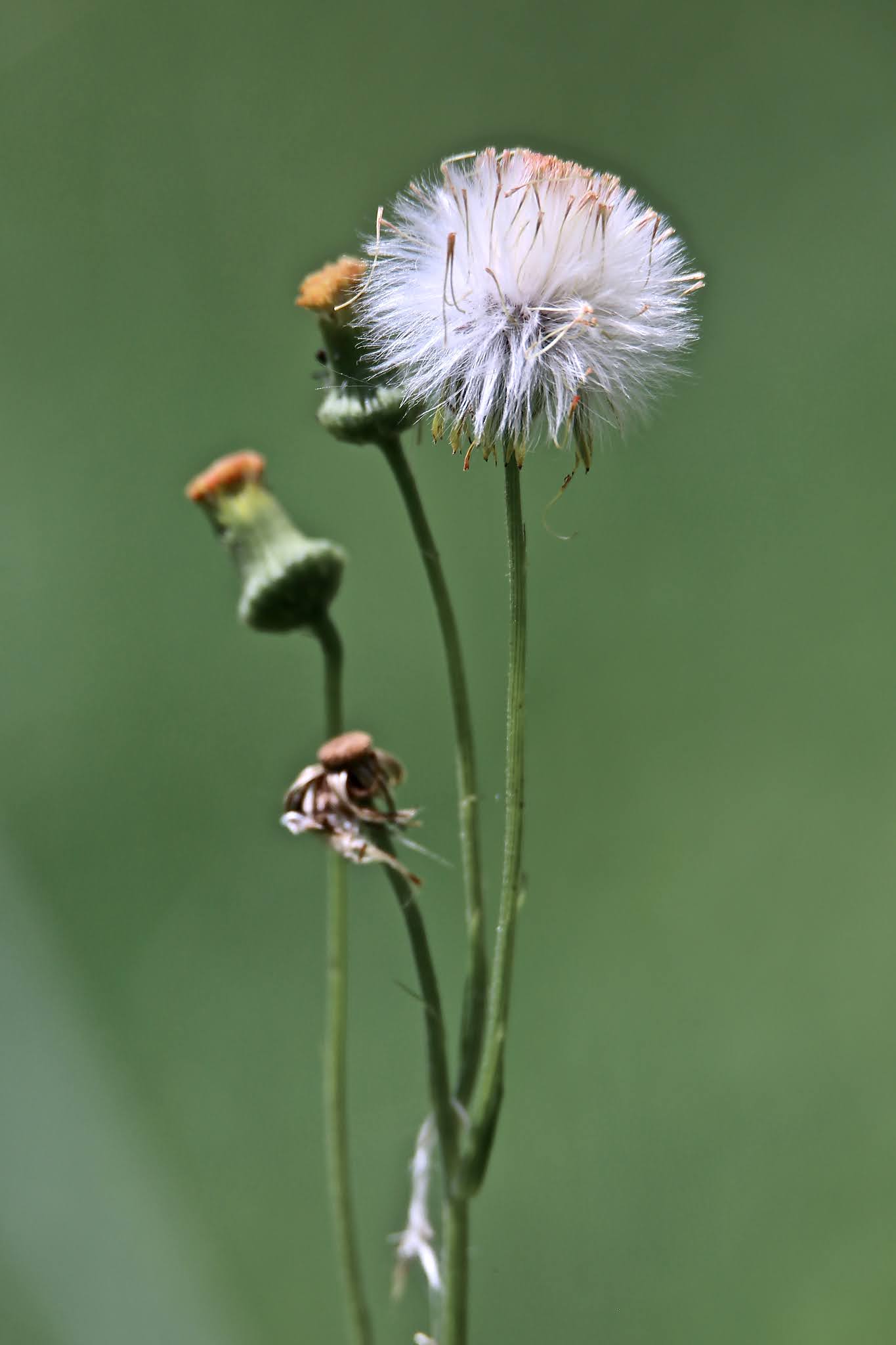 |
| Ebolo |
 |
| Ficus pumila |
 |
| Goat weed |
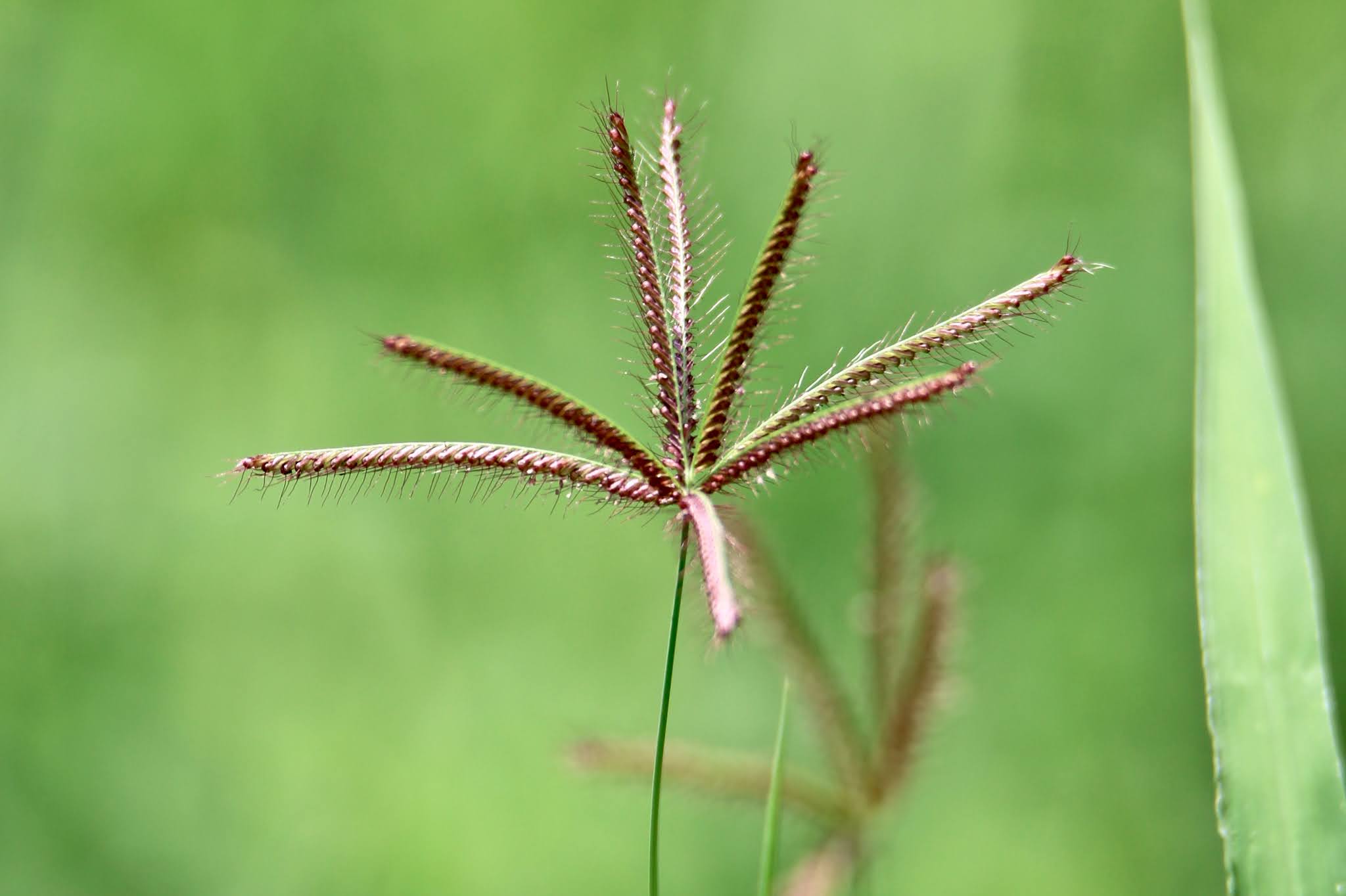 |
| Goosegrass |
 |
| Groundsel |
 |
| Indian grass |
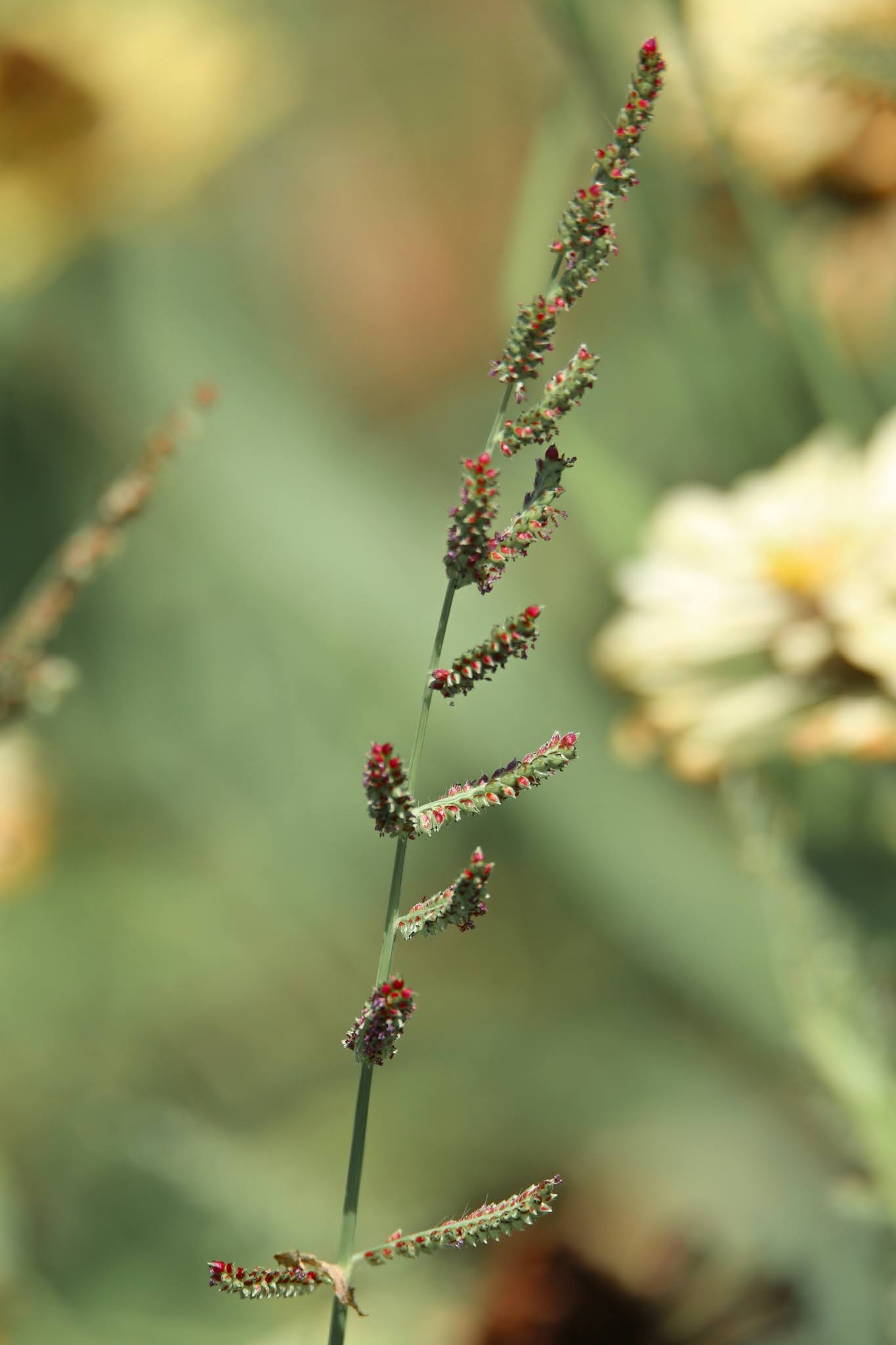 |
| Jungle rice |
 |
| Justicia neesii pink |
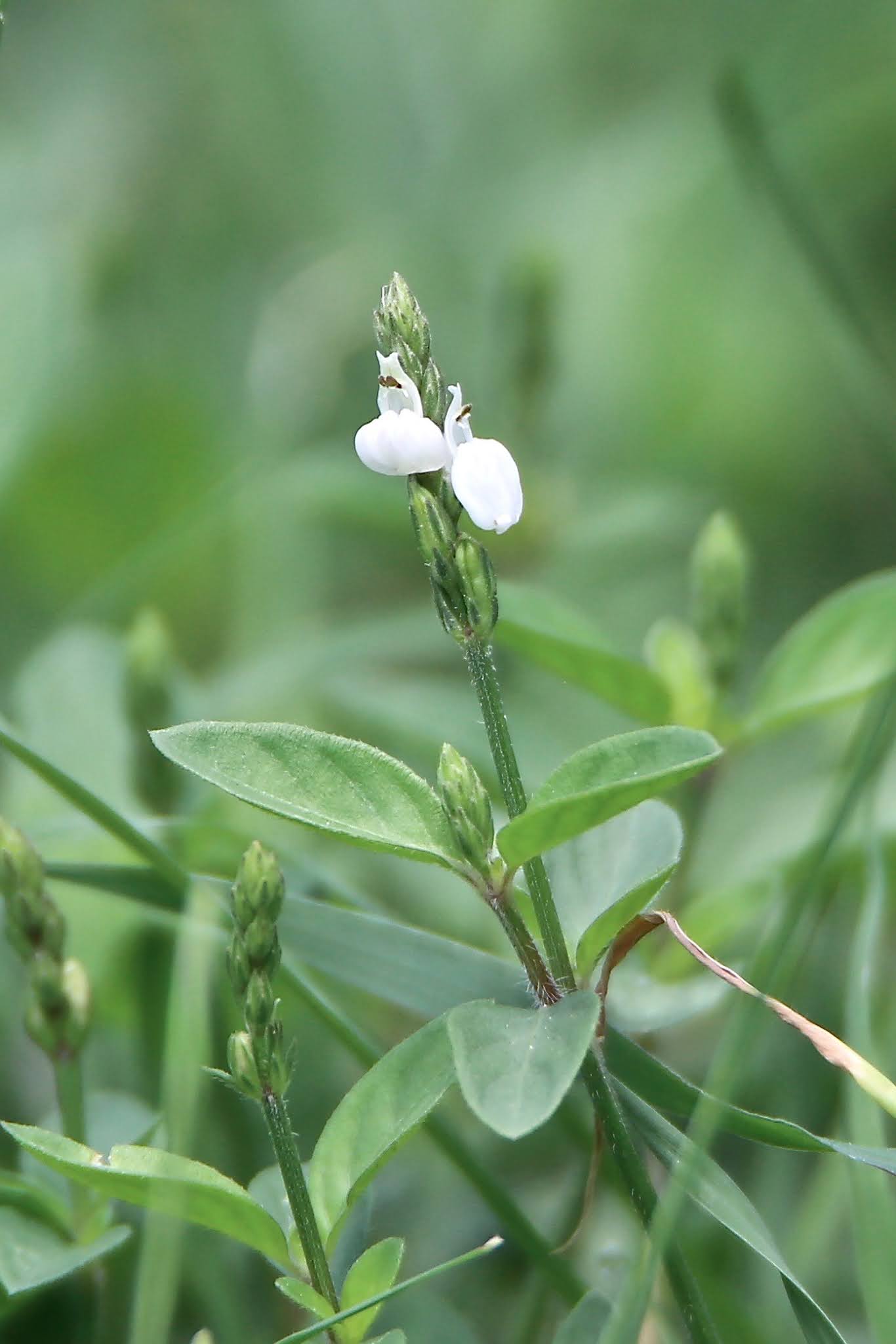 |
| Justicia neesii white |
 |
| Little ironweed |
 |
| Mexican mint |
 |
| Mimosa pudica |
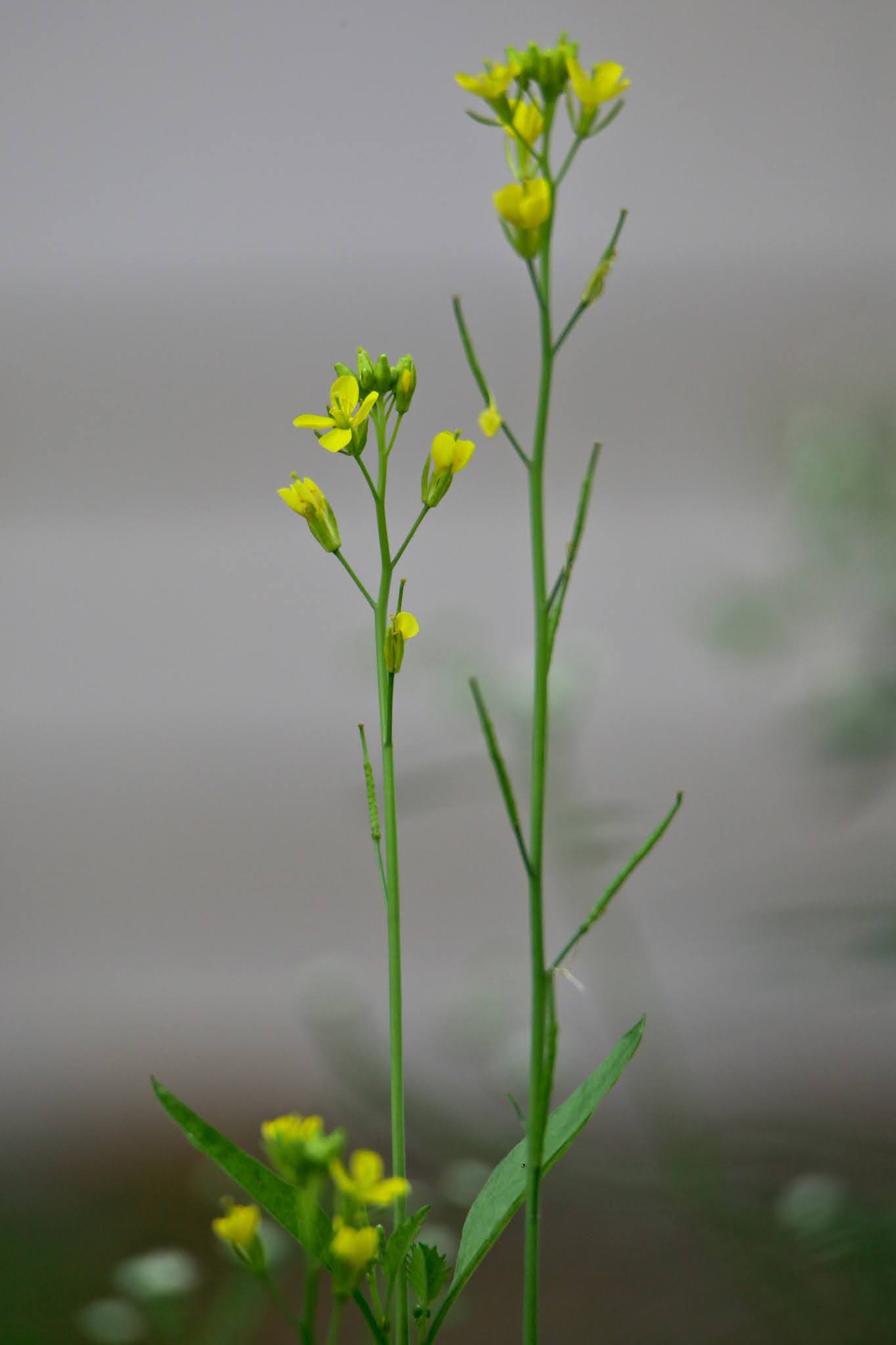 |
| Mustard |
 |
| Obscure morning glory |
 |
| Pantropical weed |
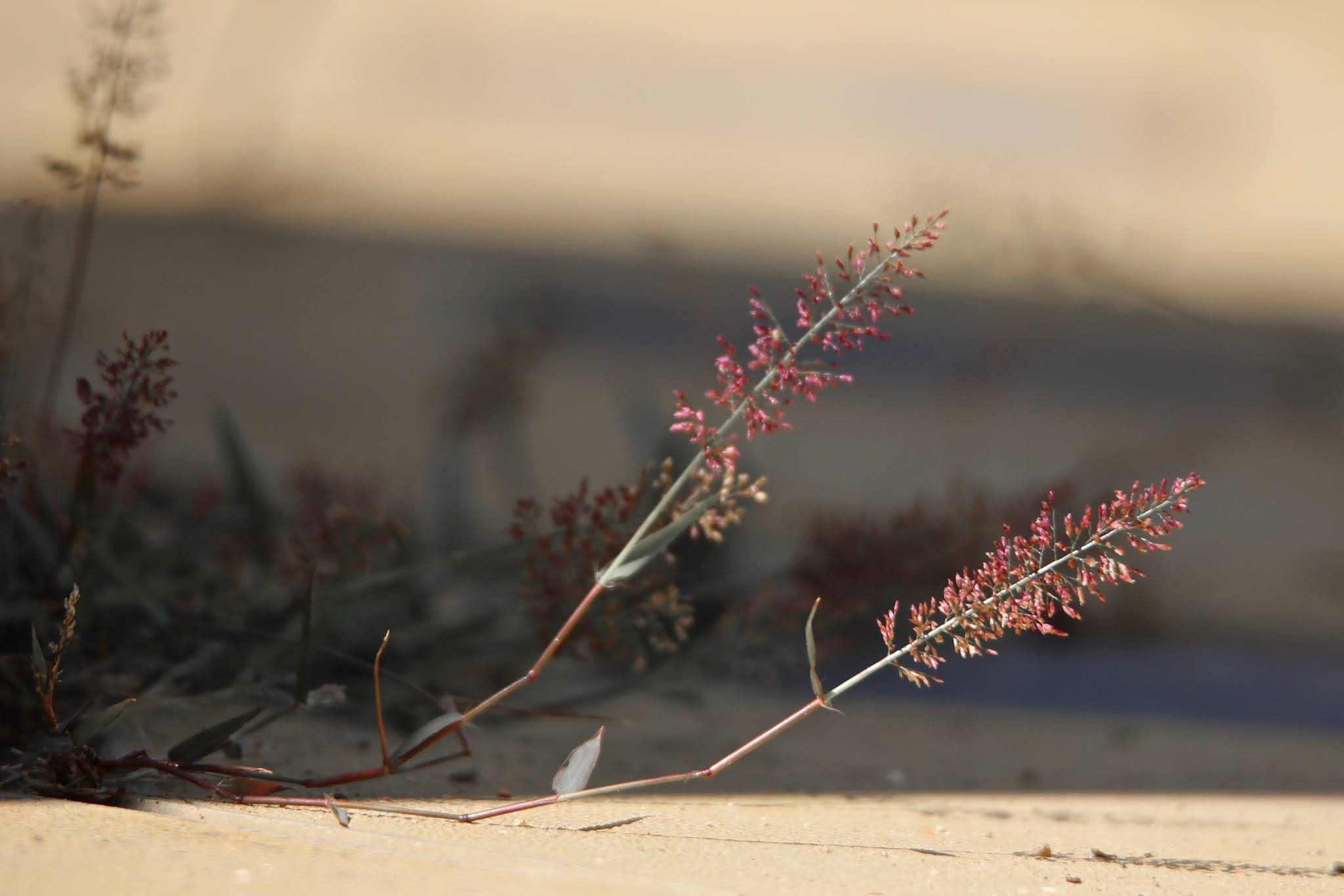 |
| Pink muhly |
 |
| Parthenium |
 |
| Passion flower |
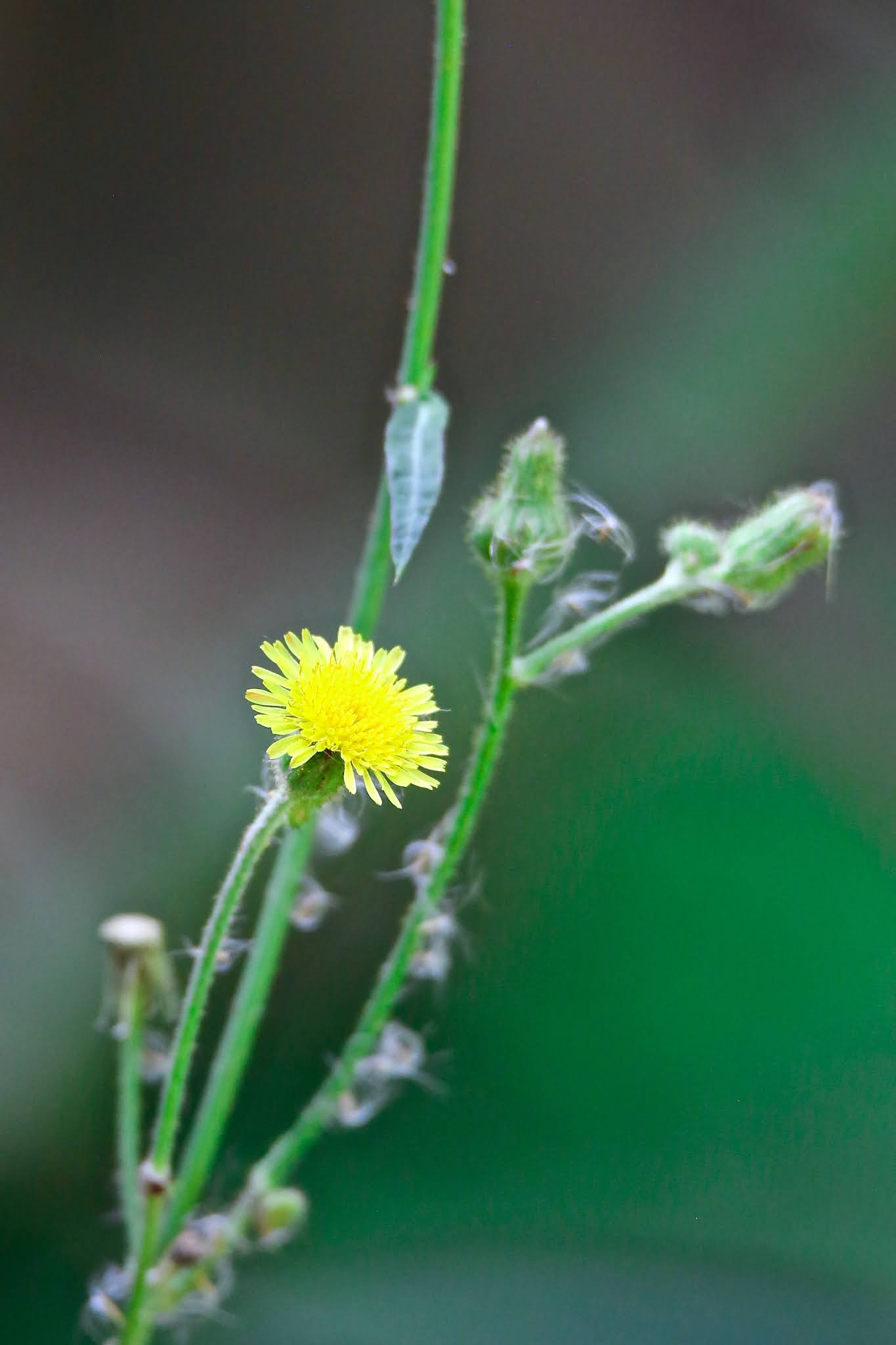 |
| Pickly sow thistle |
 |
| Prickly amaranth |
 |
| Purpletop Rhodes grass |
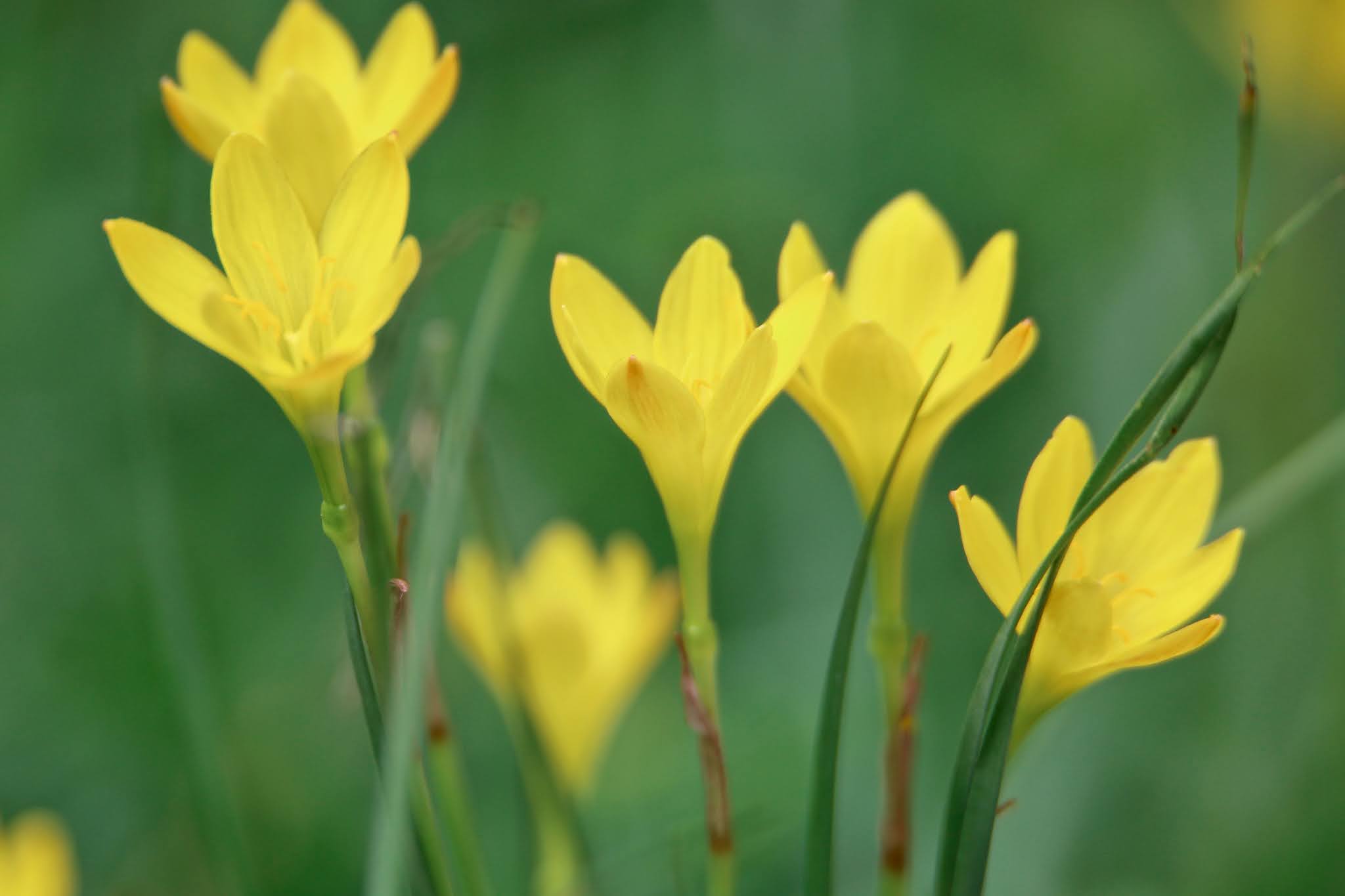 |
| Rain lilies yellow |
 |
| Red passion flower |
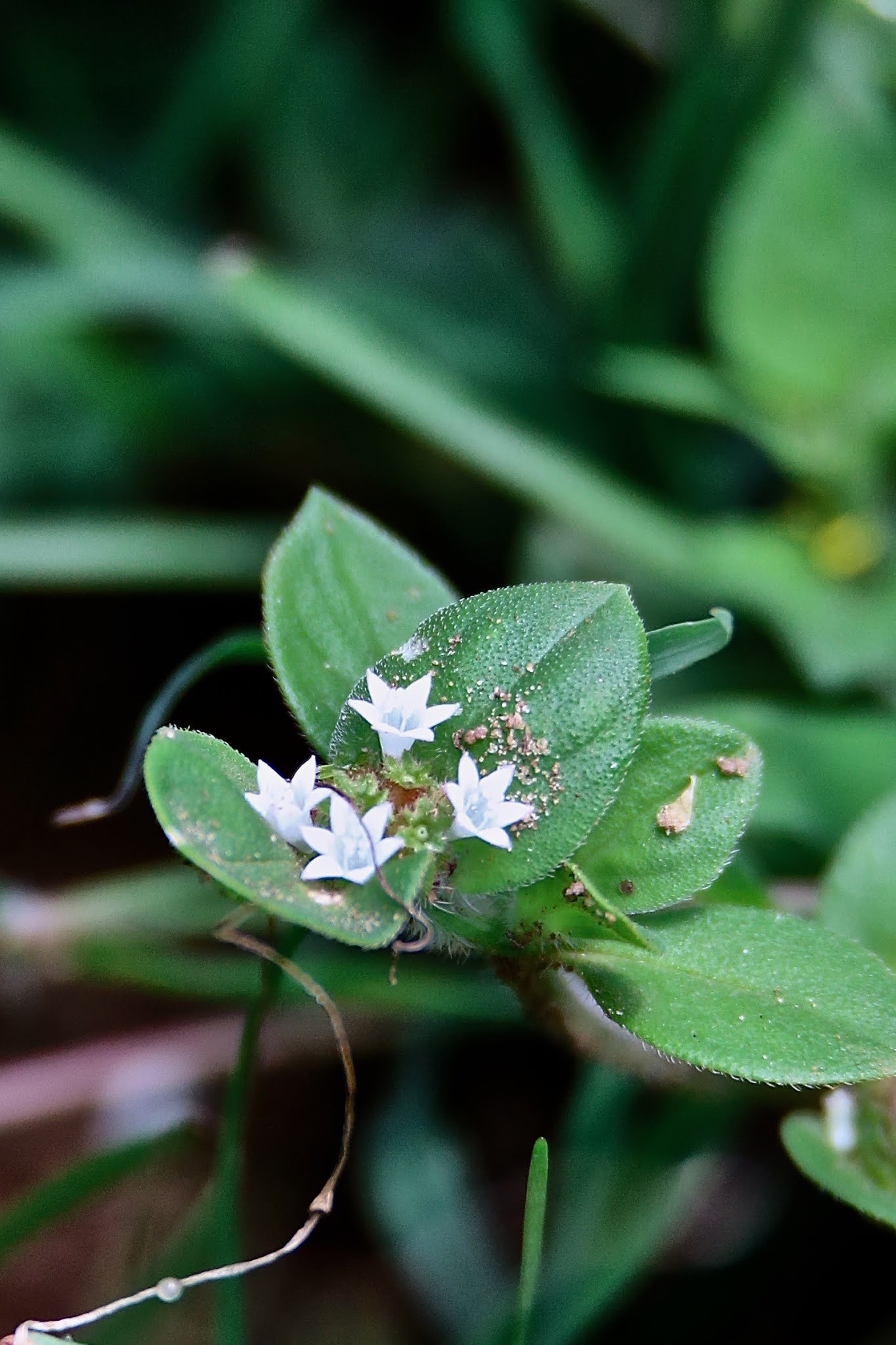 |
| Richardia weed |
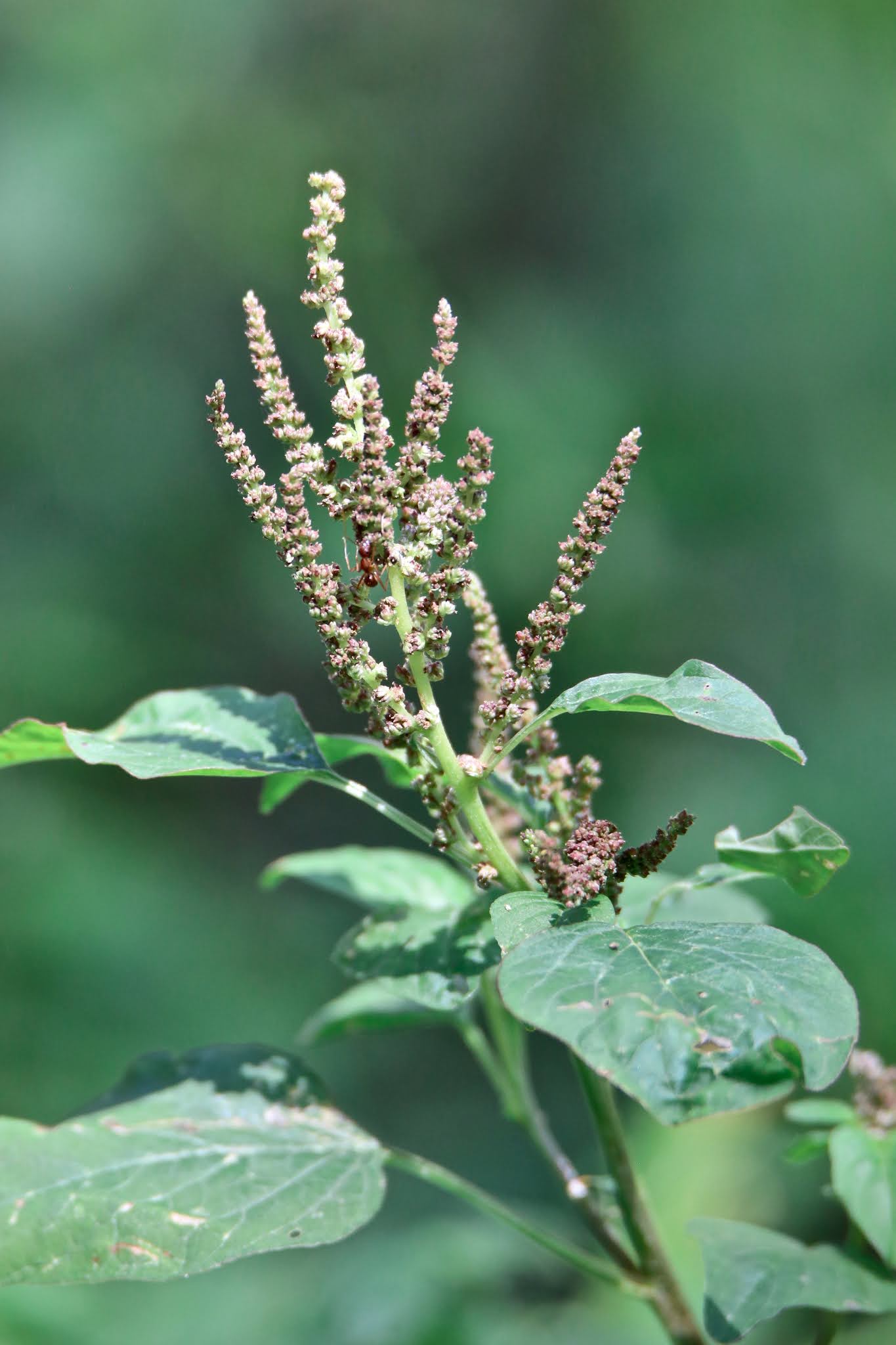 |
| Slender amaranth |
 |
| Spider grass |
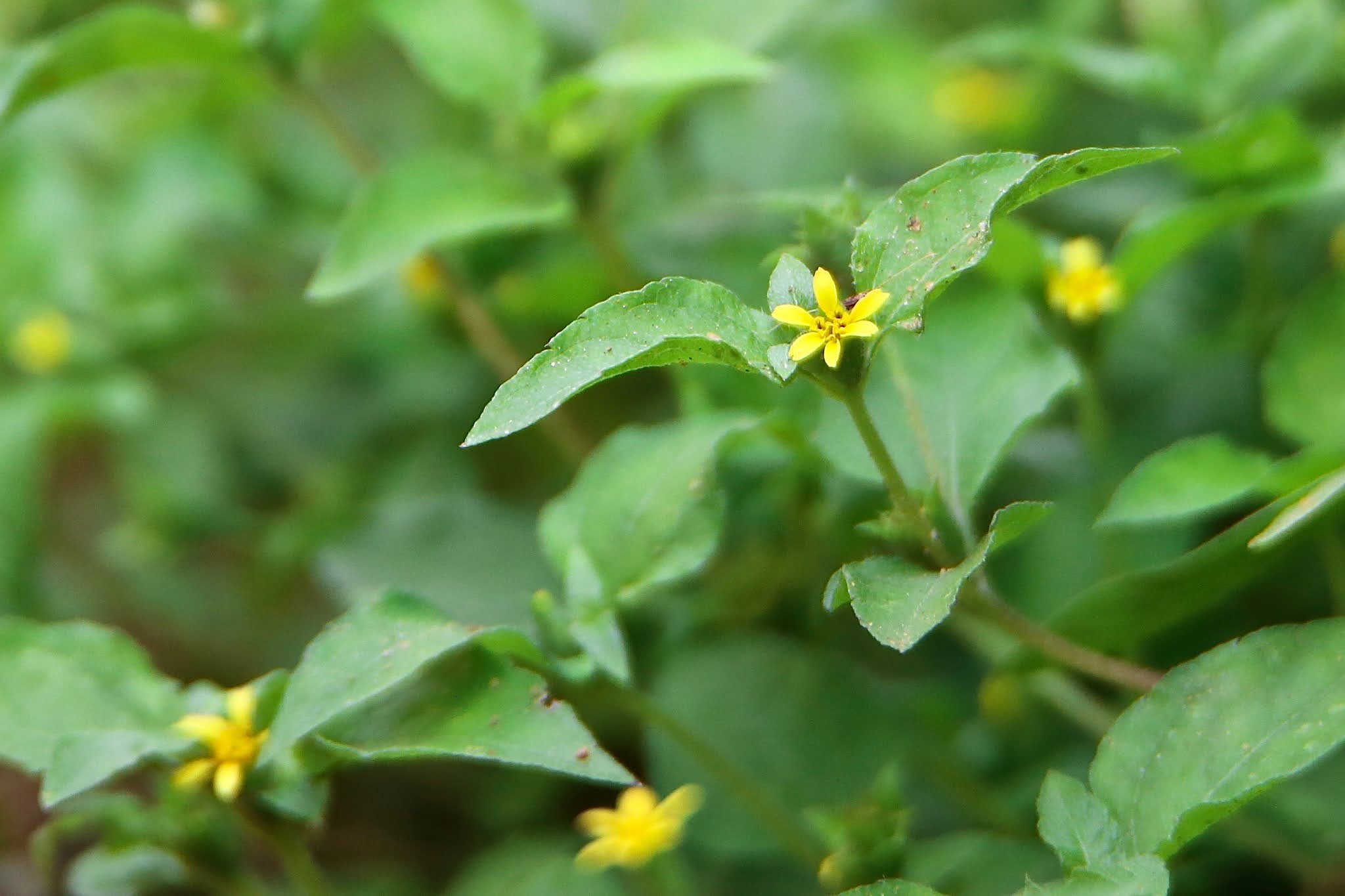 |
| Straggler daisy |
 |
| Surinam spinach |
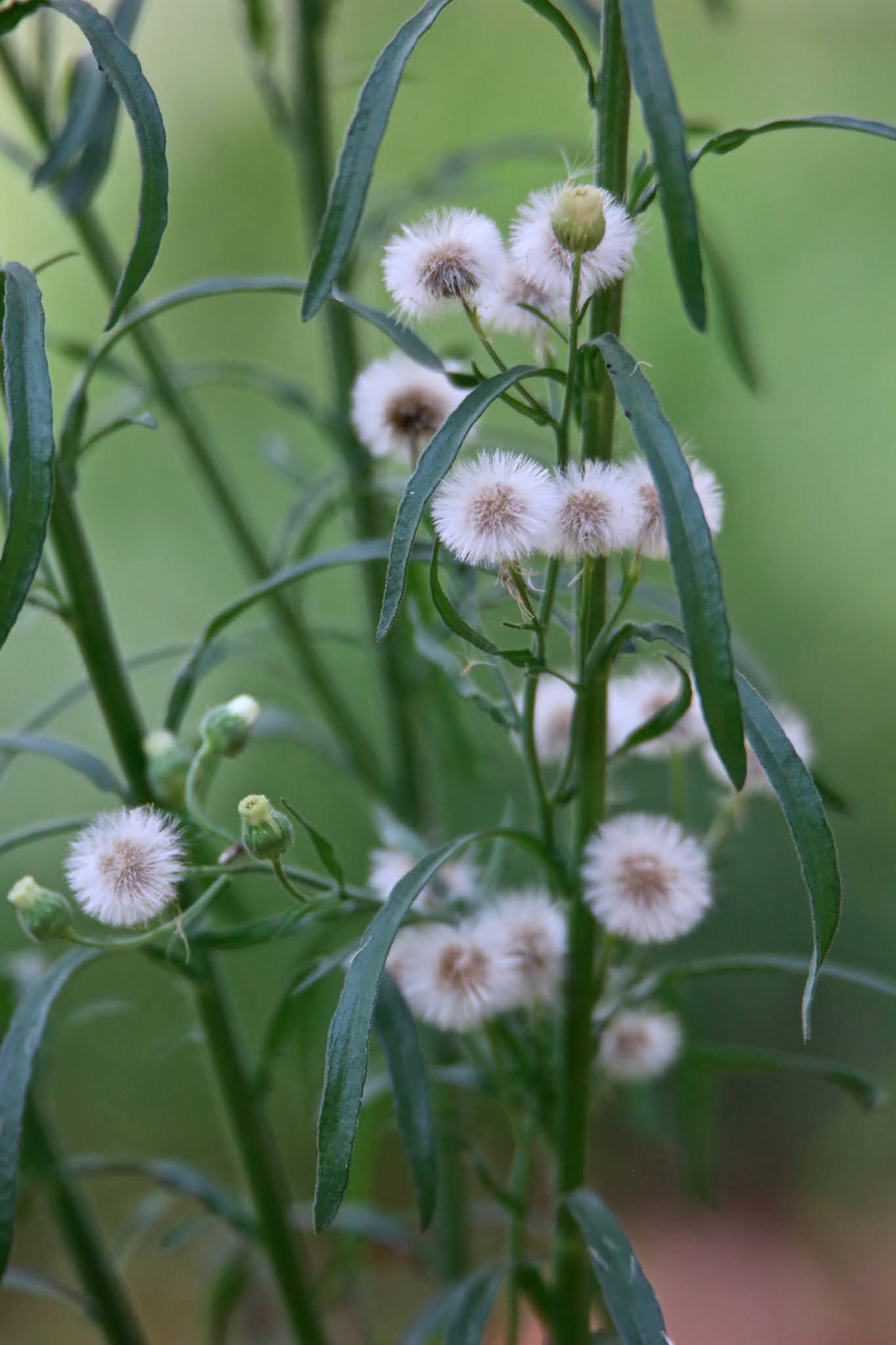 |
| Vernonia cinerea |
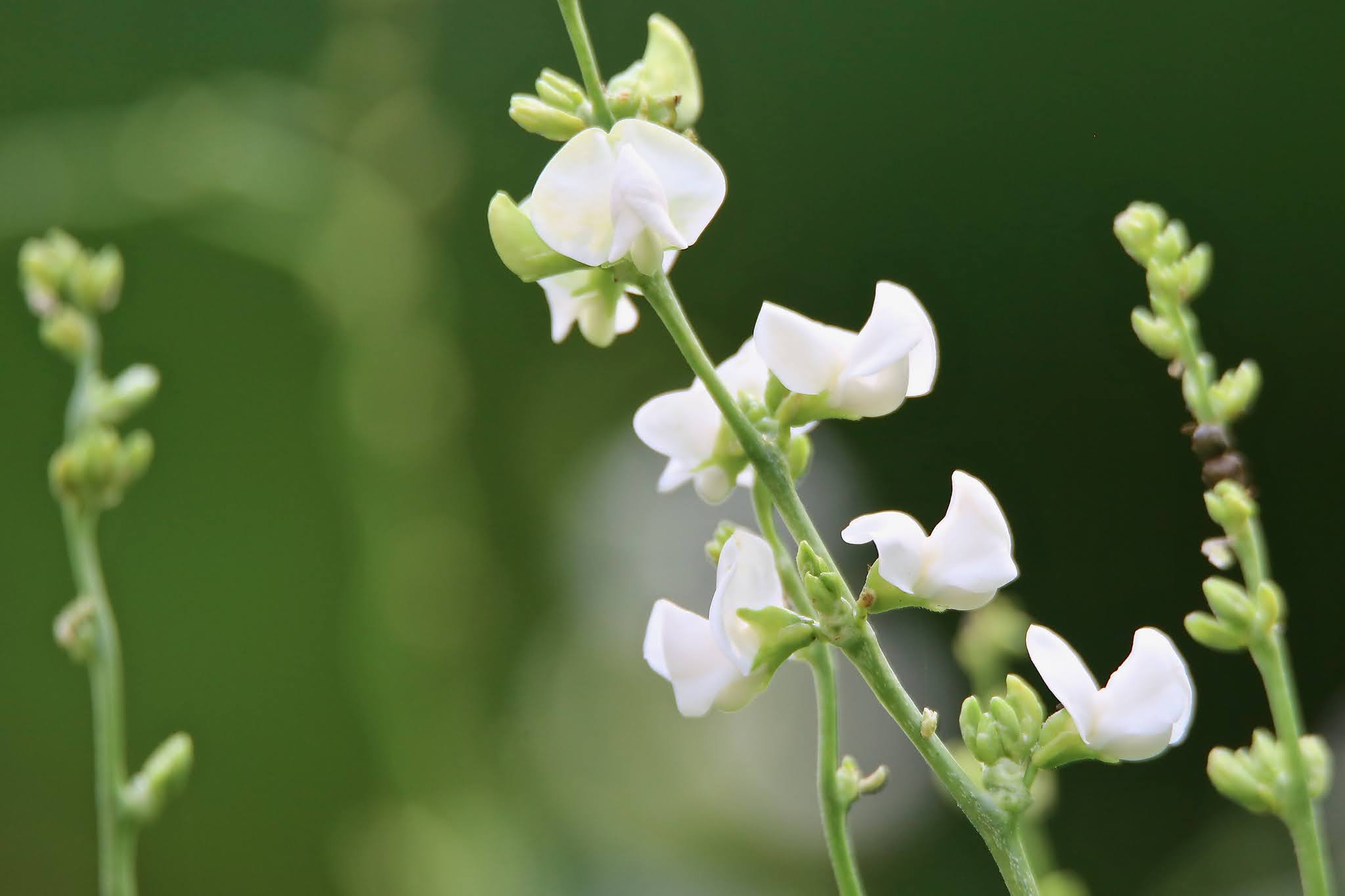 |
| White hyacinth beans |
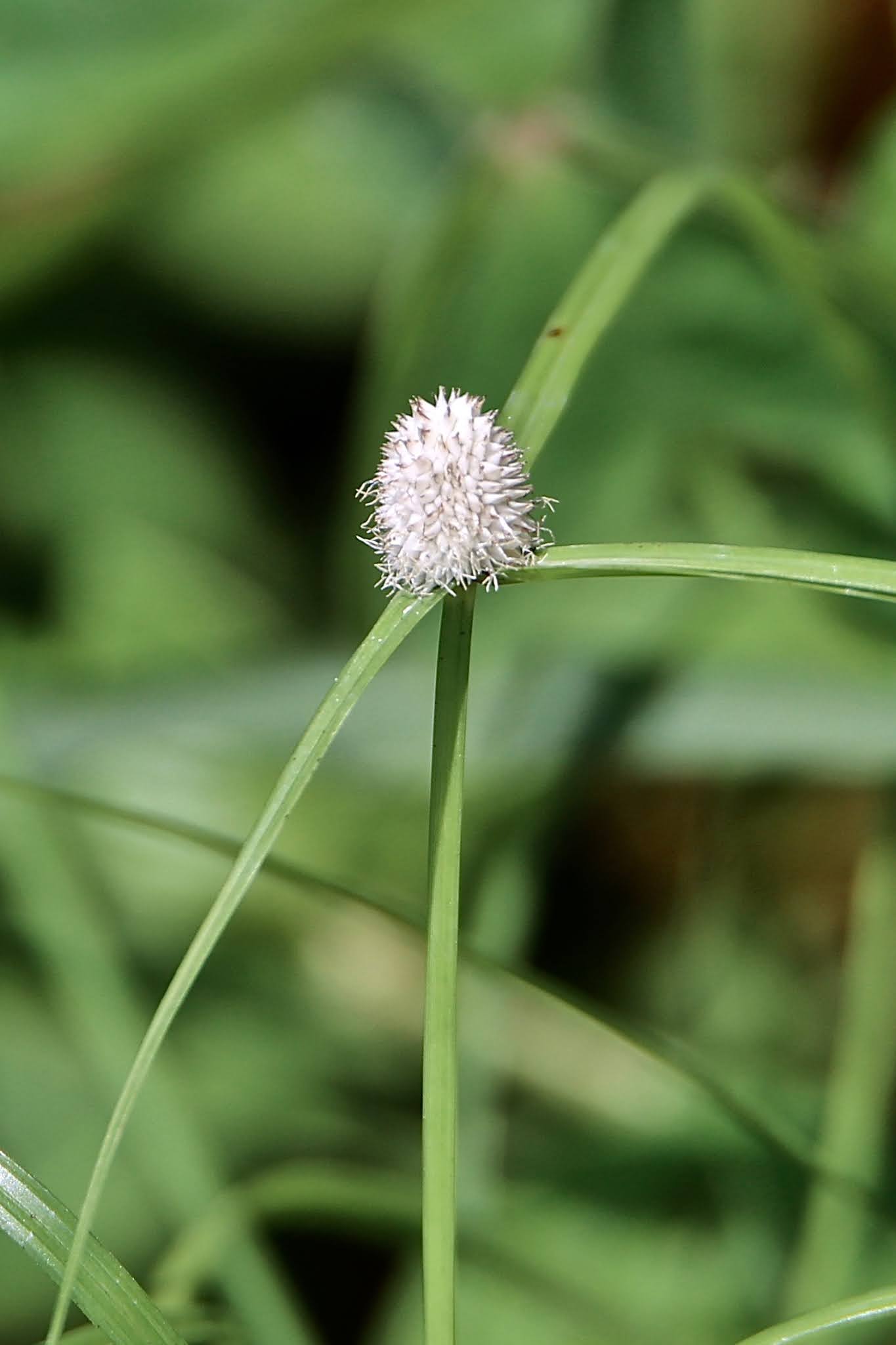 |
| White water sedge |
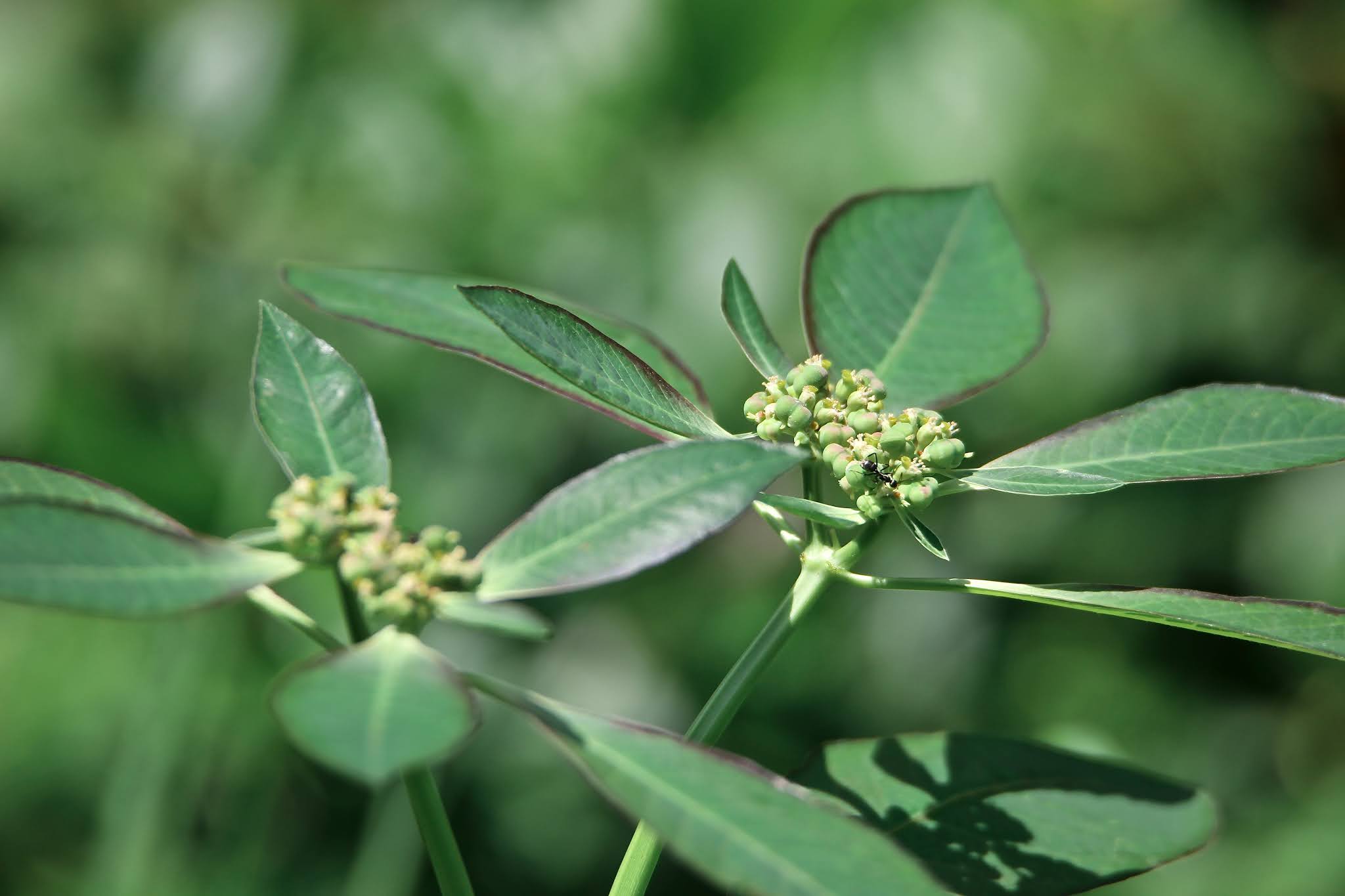 |
| Wild poinsettia |
 |
| Windmill grass |
 |
| Winter gourd |
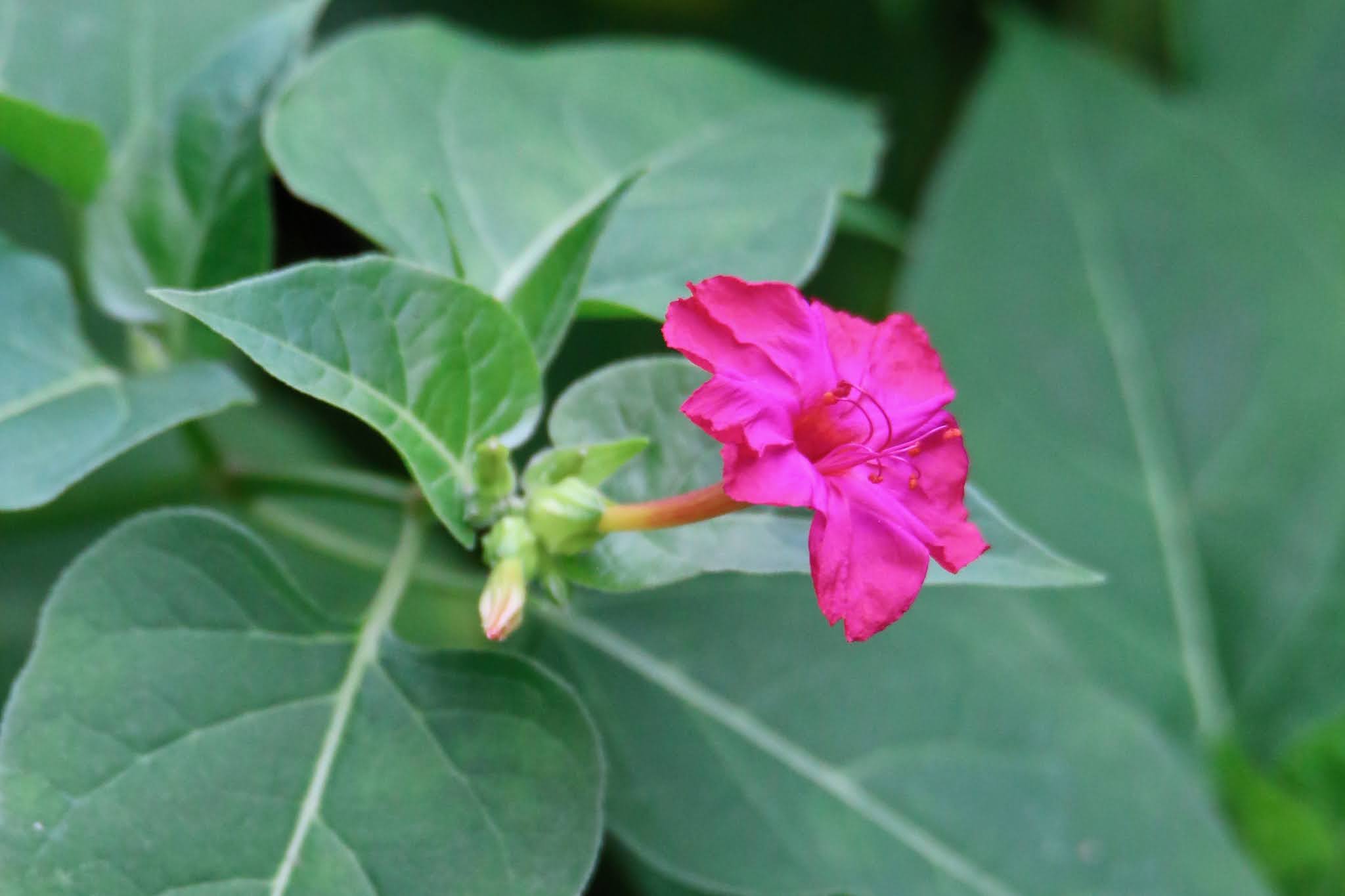 |
| Four o'clock flower |
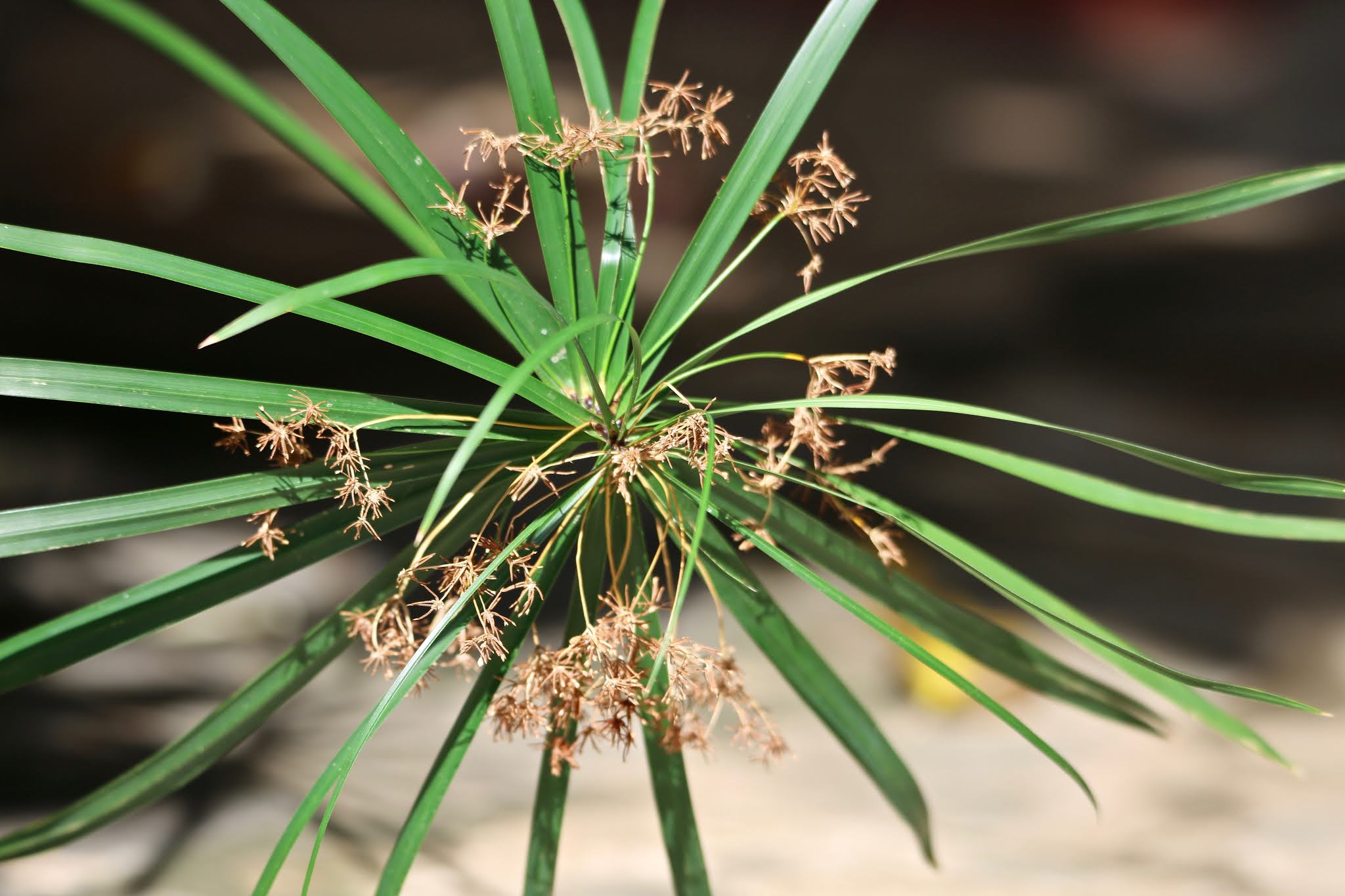 |
| Umbrella papyrus |
 |
| Sword beans |





























































thanks
ReplyDeleteThank you for this excellent post with beautiful pictures. I would be interested to know more about the use of each, culturally - whether it's edible, how to use etc. Are there books, links, sites you can recommend?
ReplyDeleteIts quite an extensive collection of common weeds and grasses. Appreciate your hard work.
ReplyDeleteThe topic is nice and the presentation is not only educative and attractive as well. I think, the Government should direct the agril/other universities/institutes/societies to provide short courses online with assessment facility to impart education on such plant science to common people.
ReplyDelete